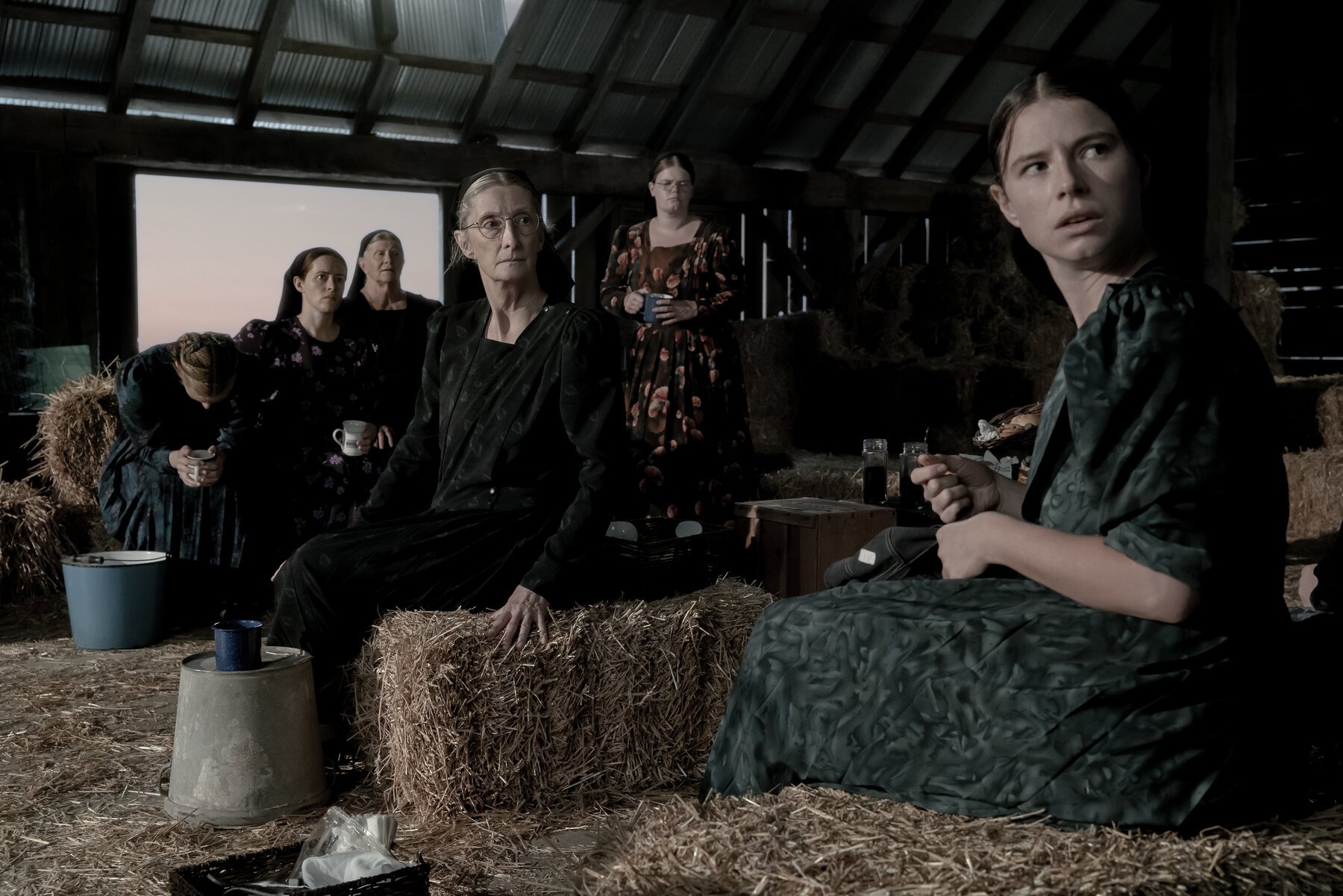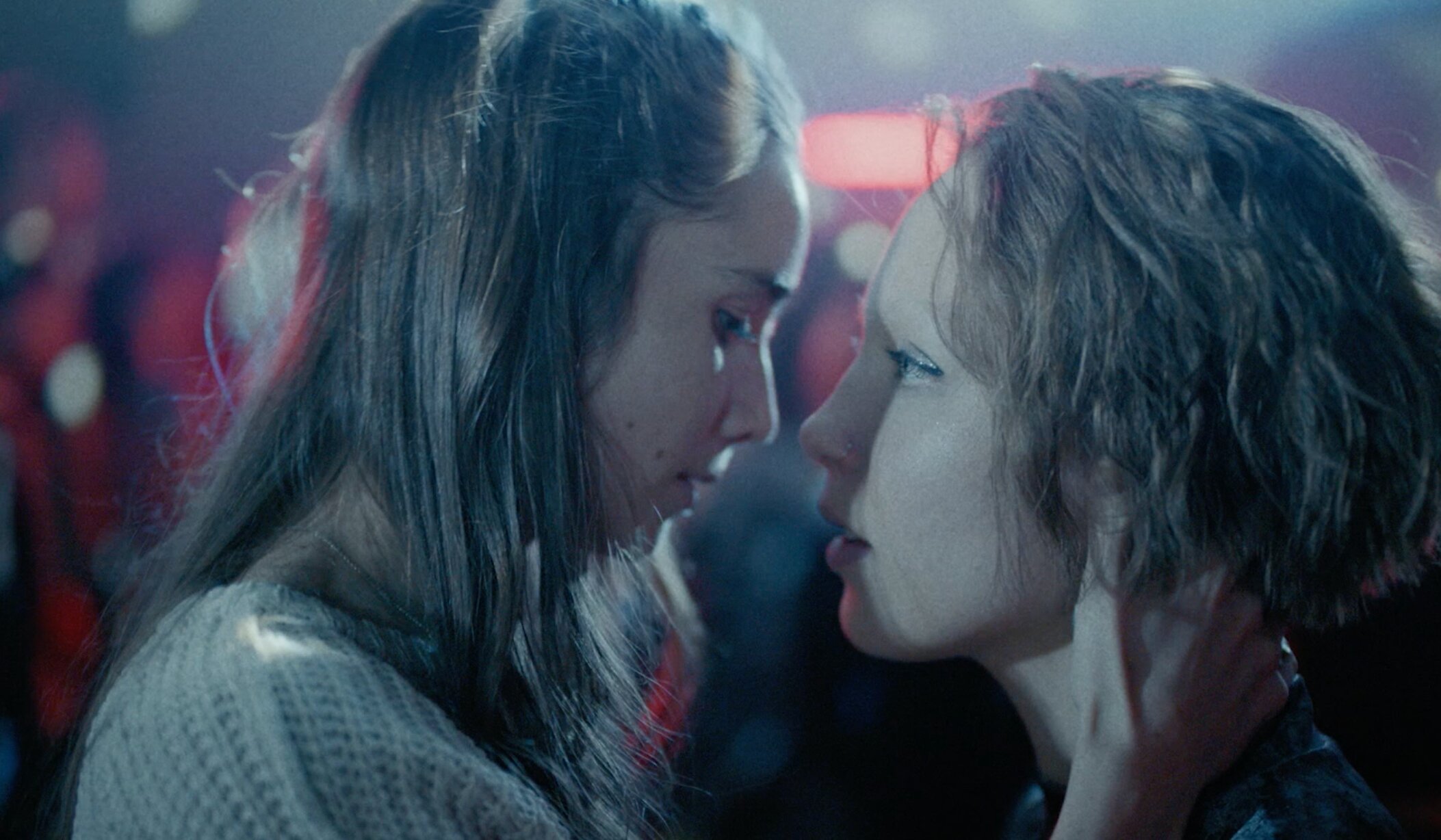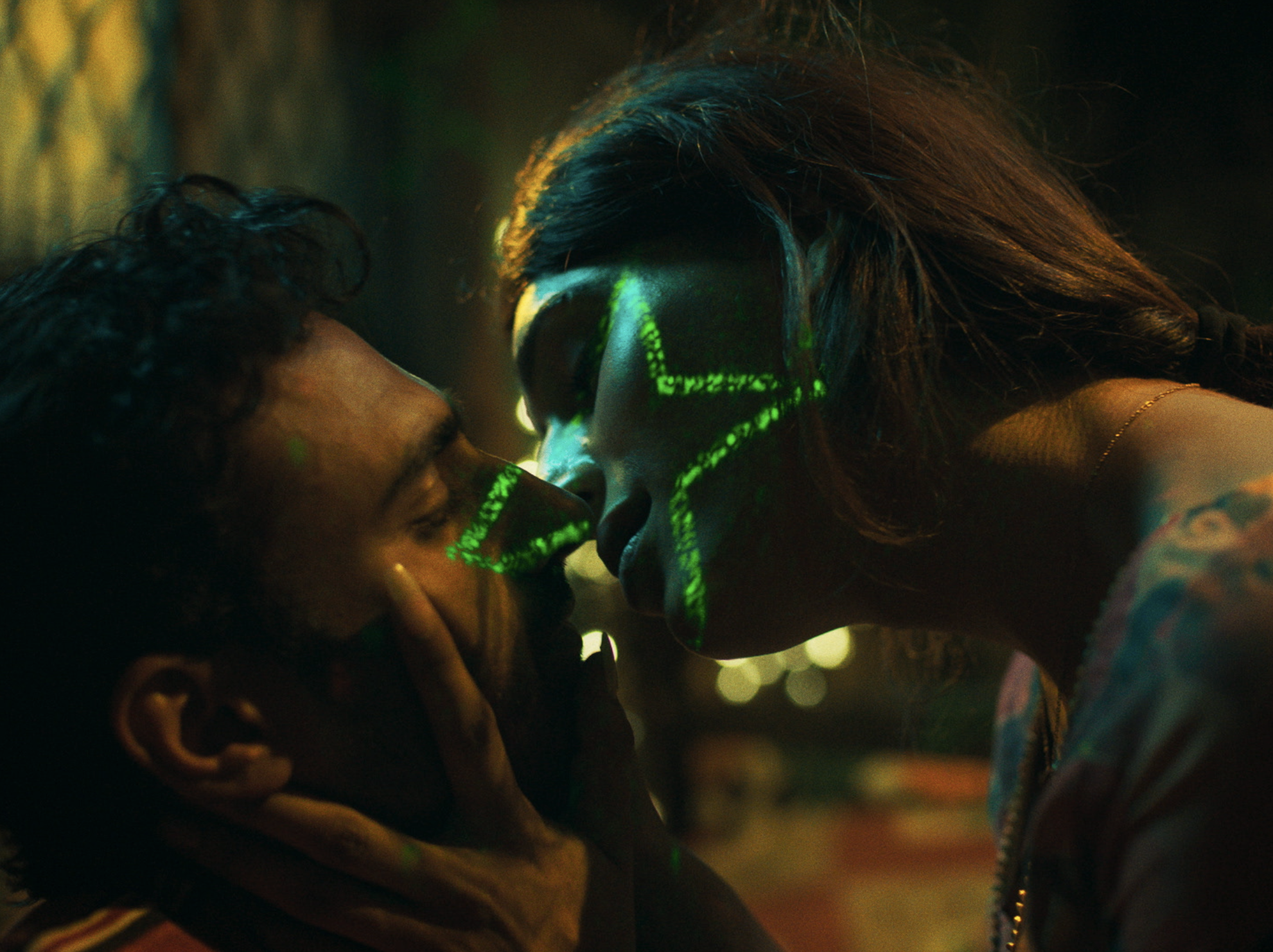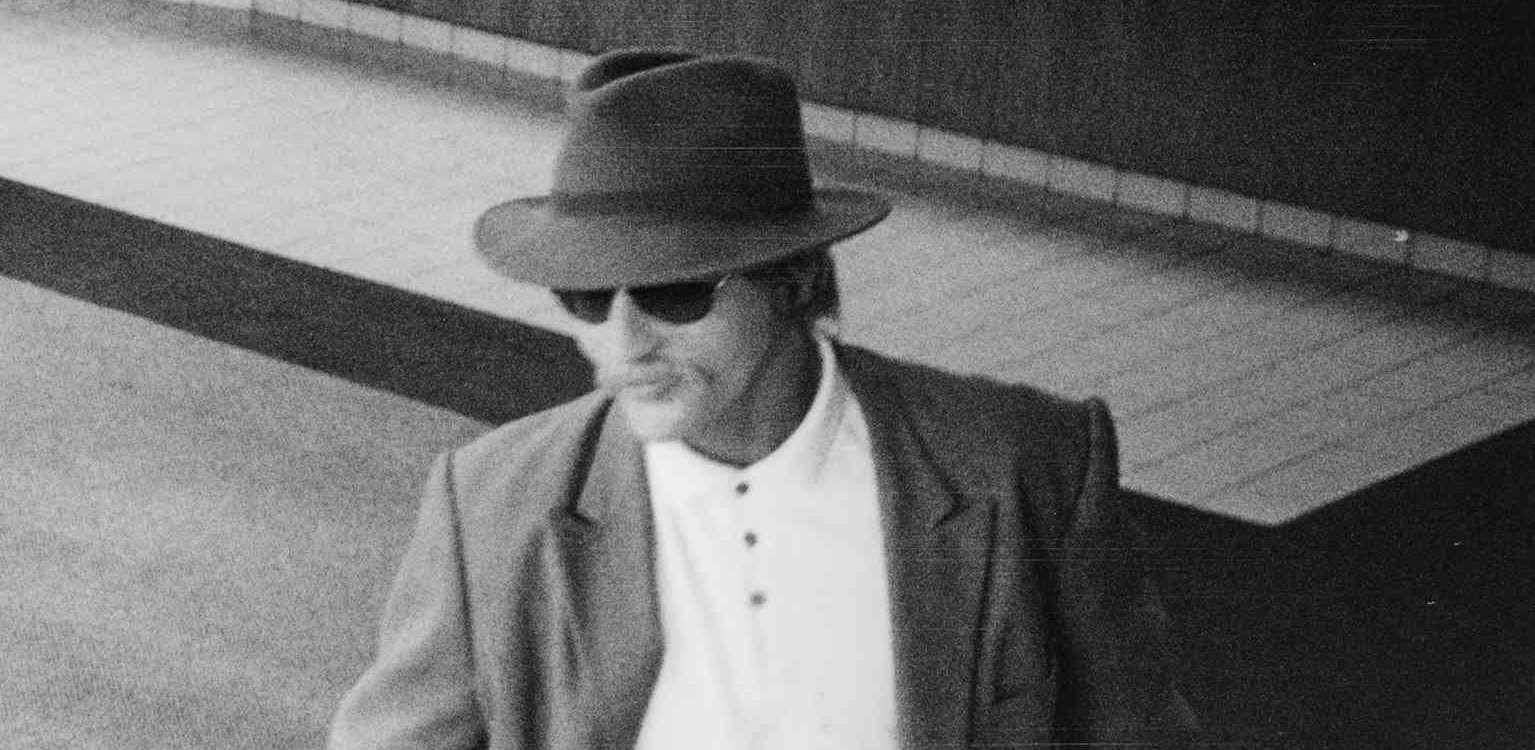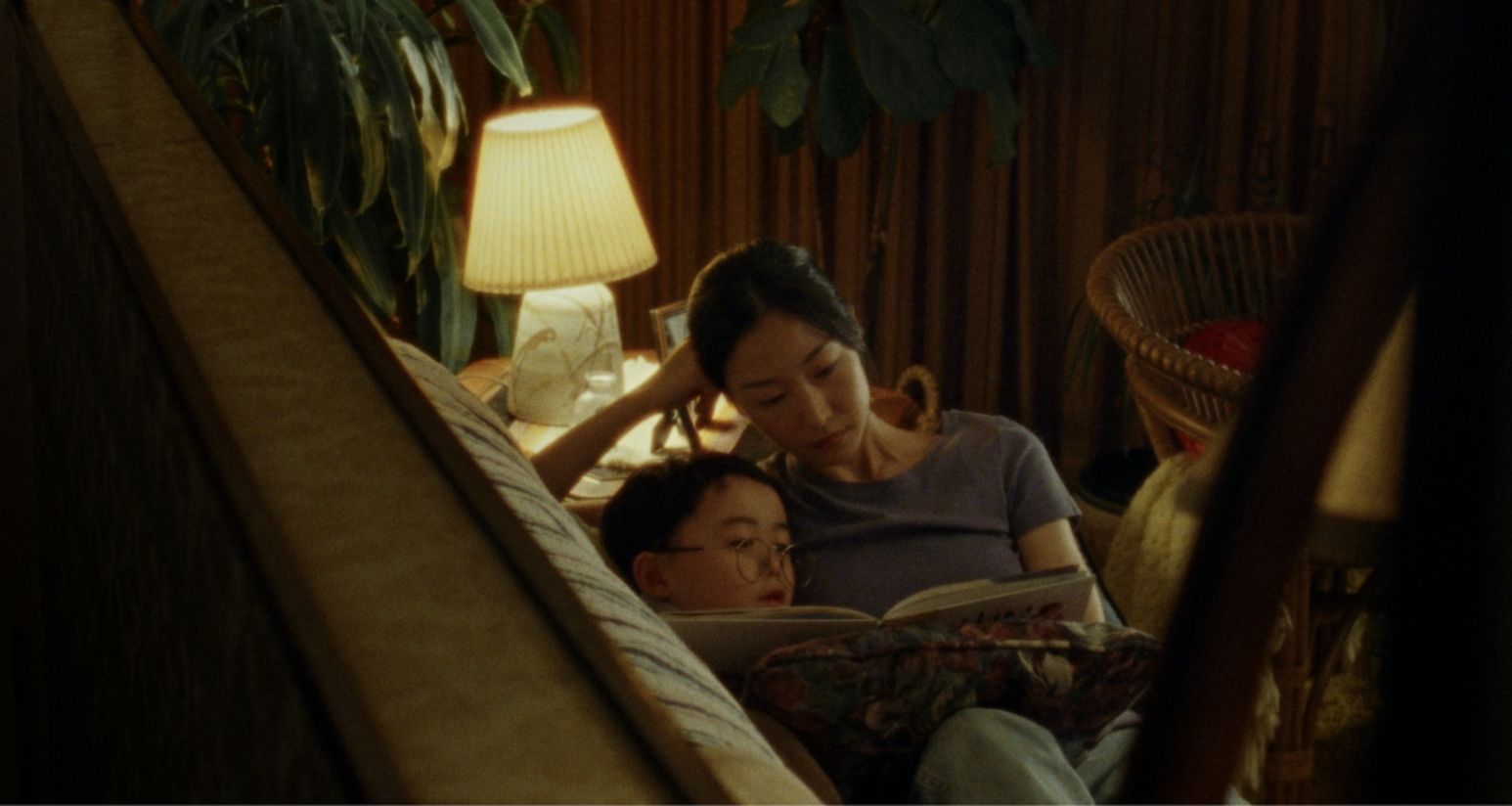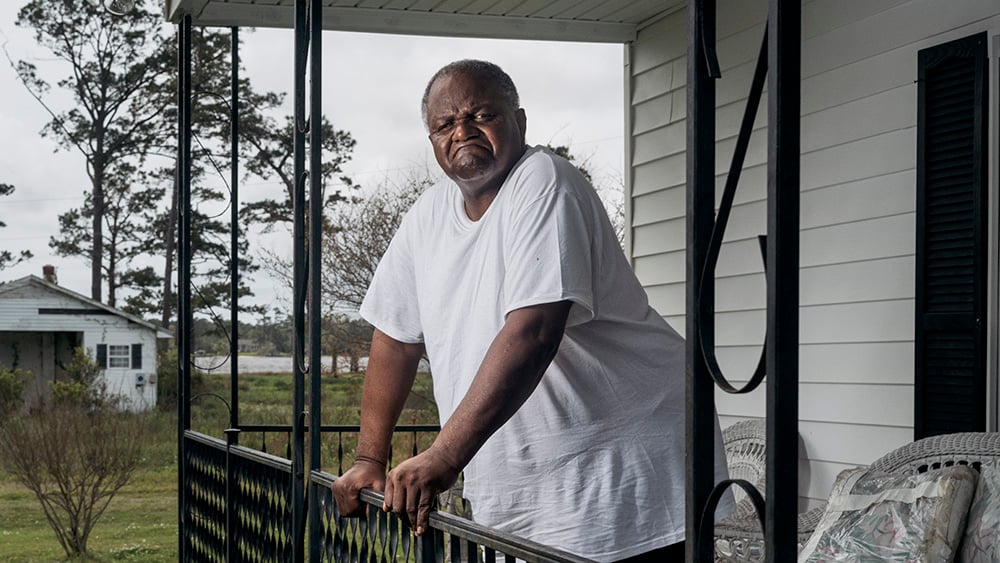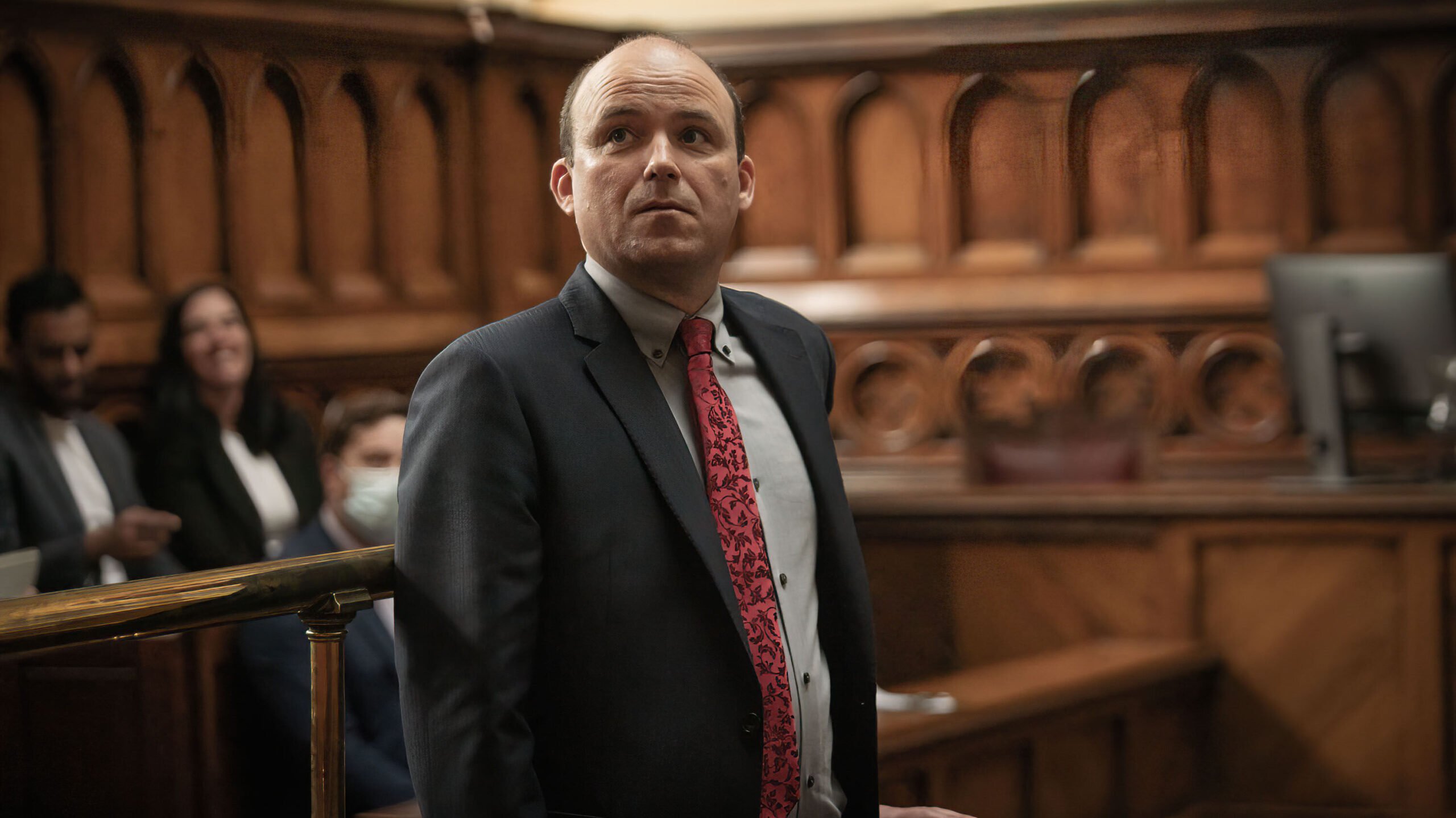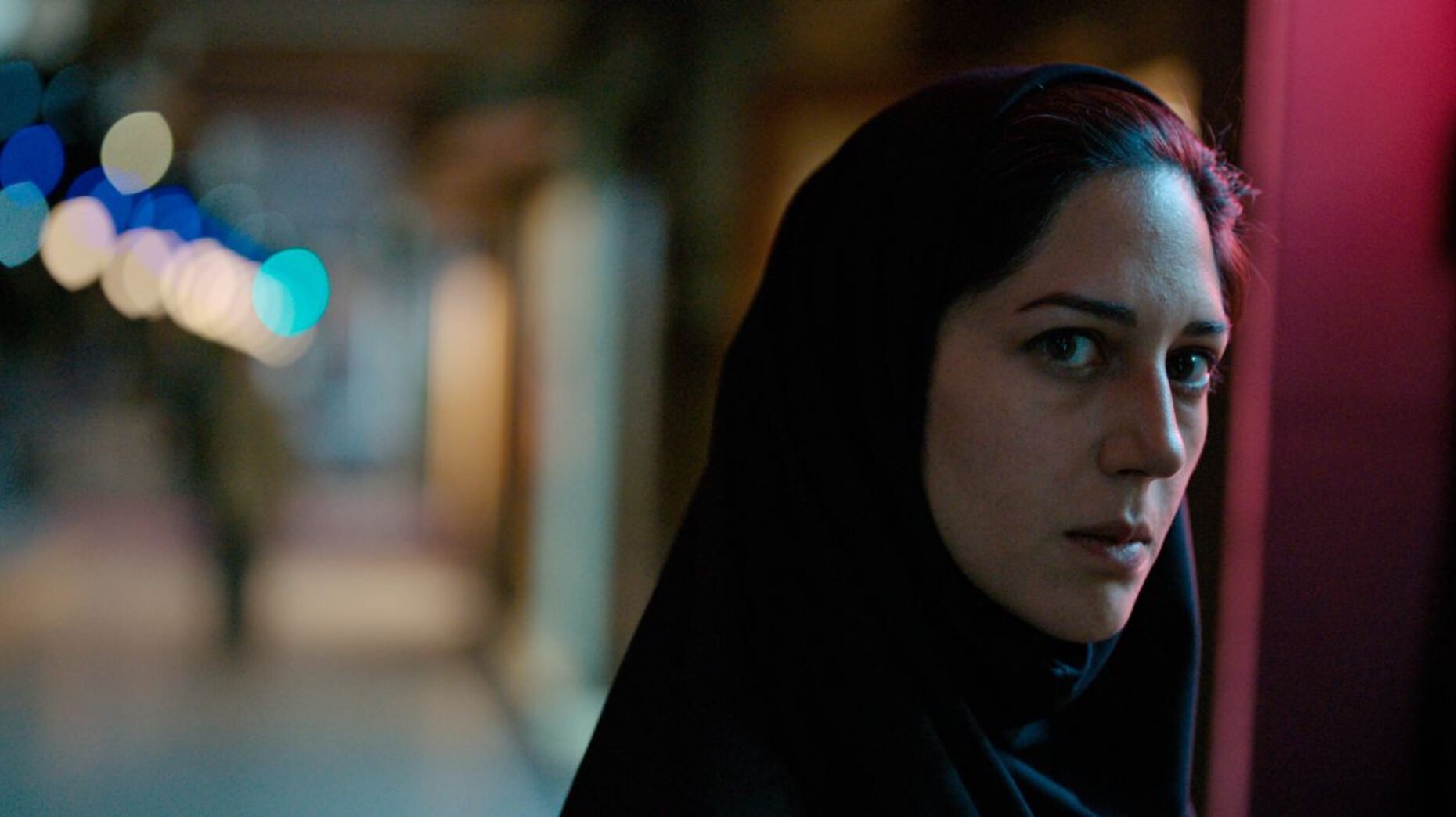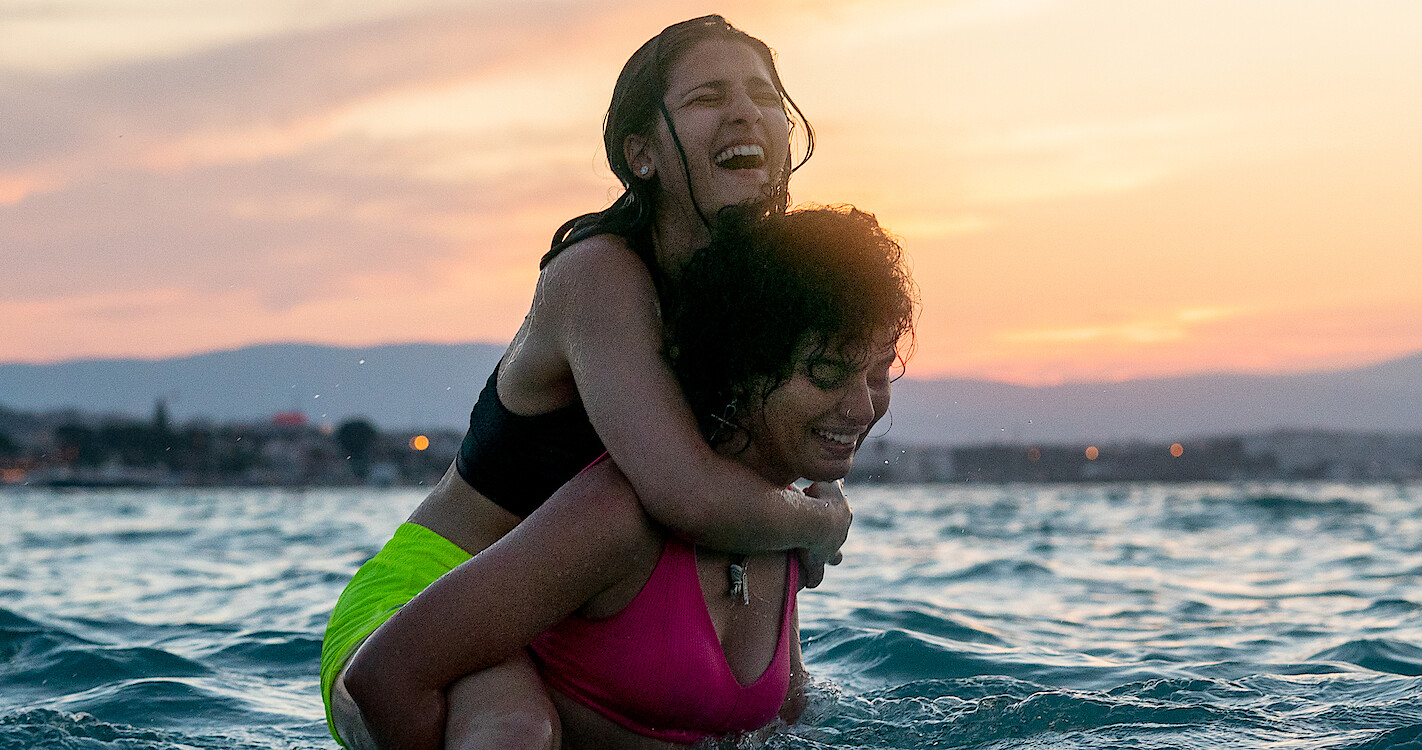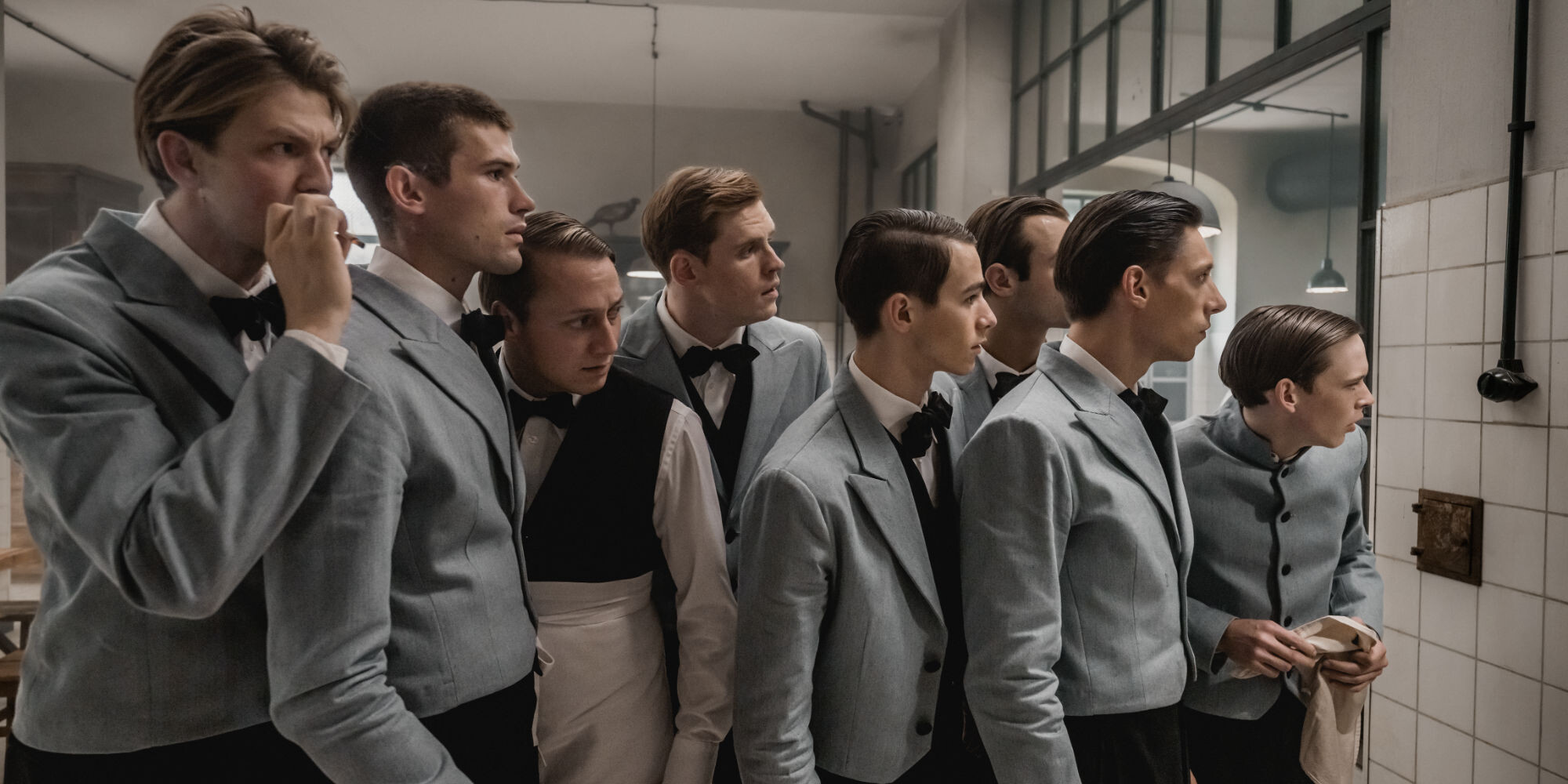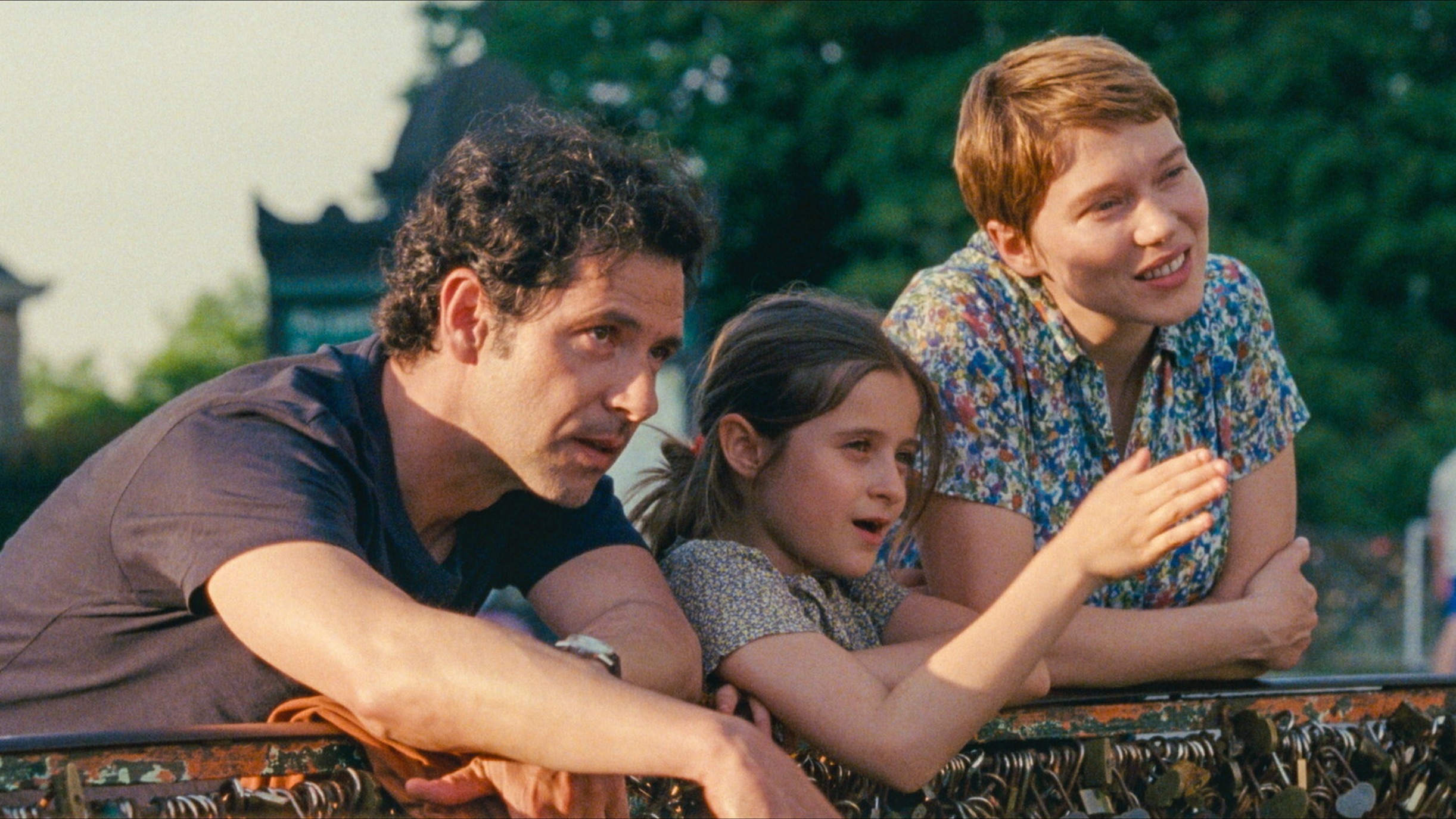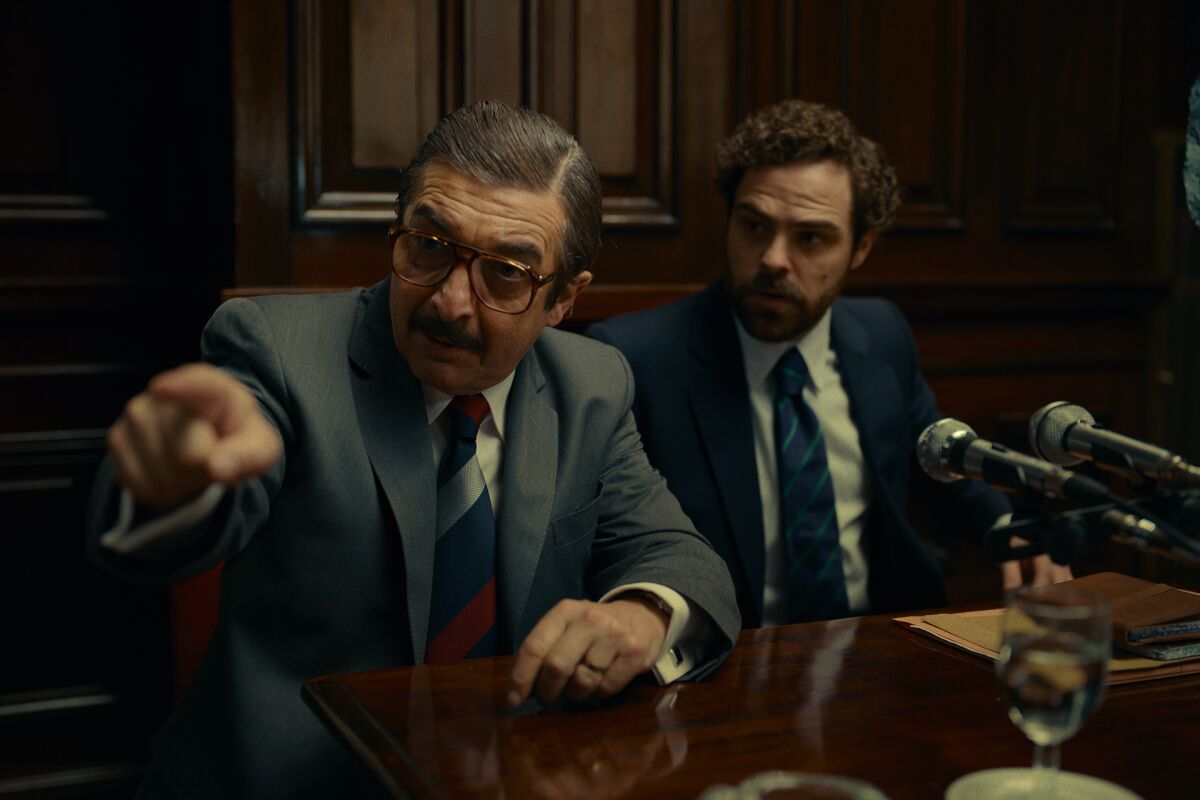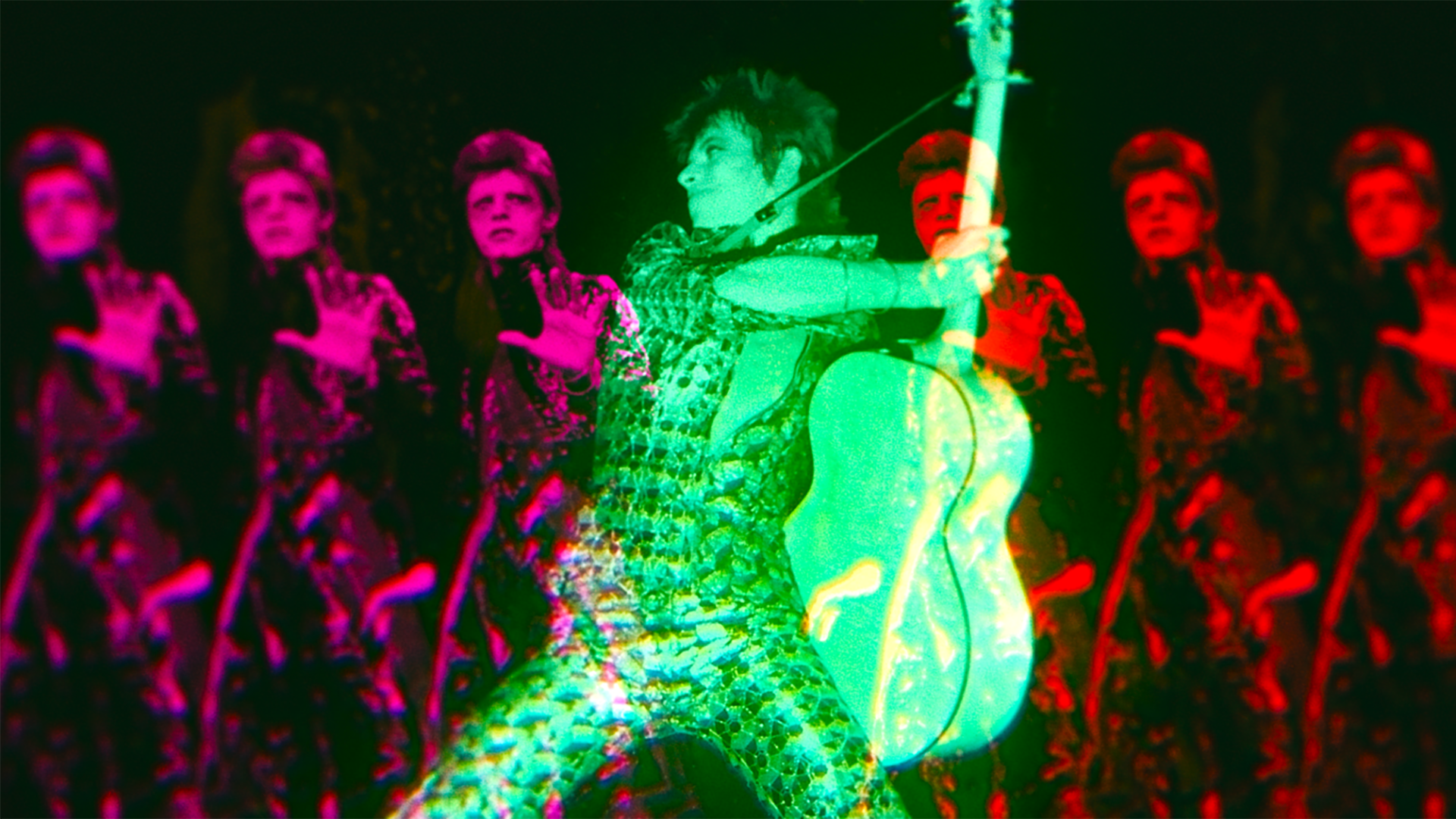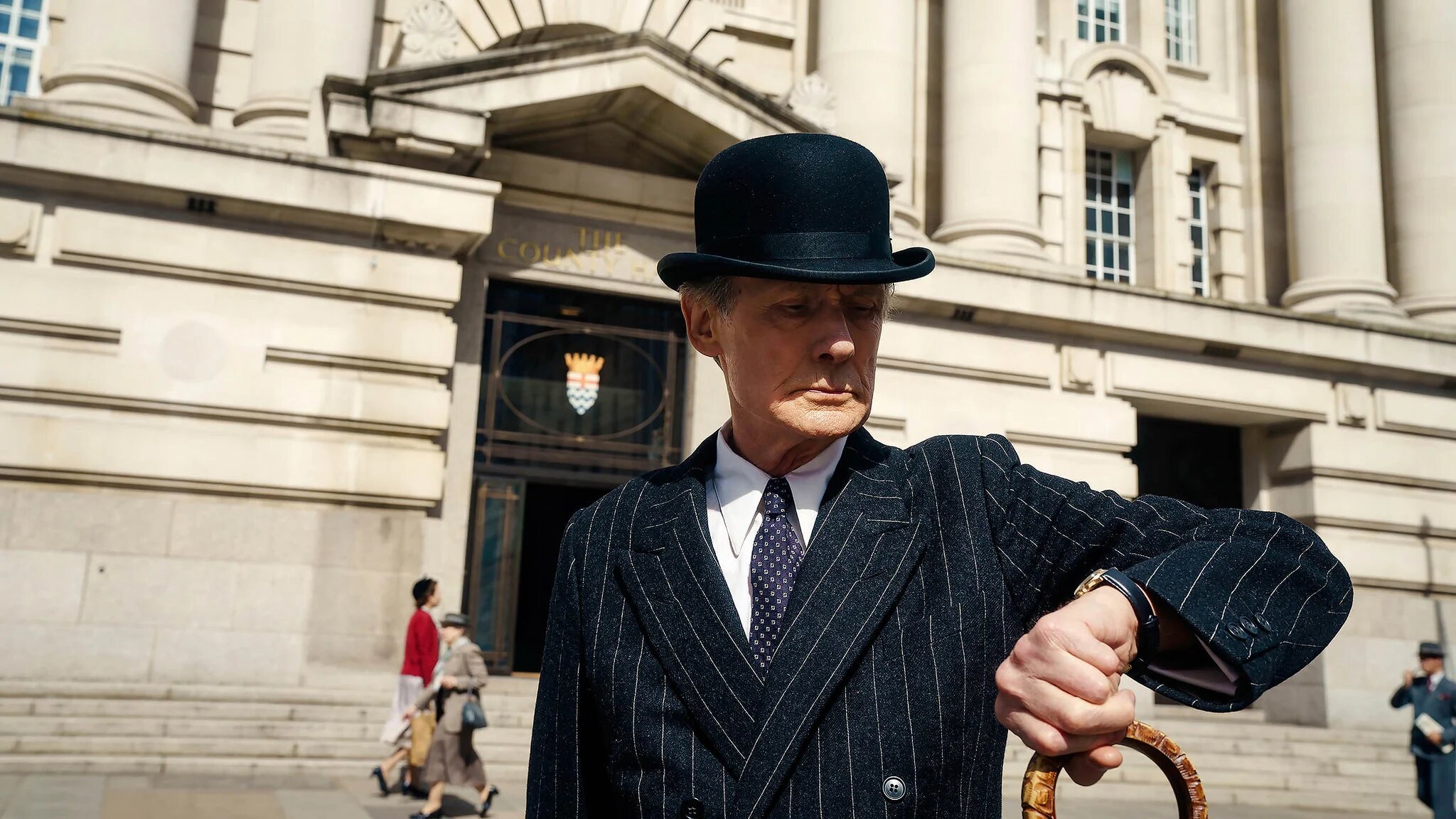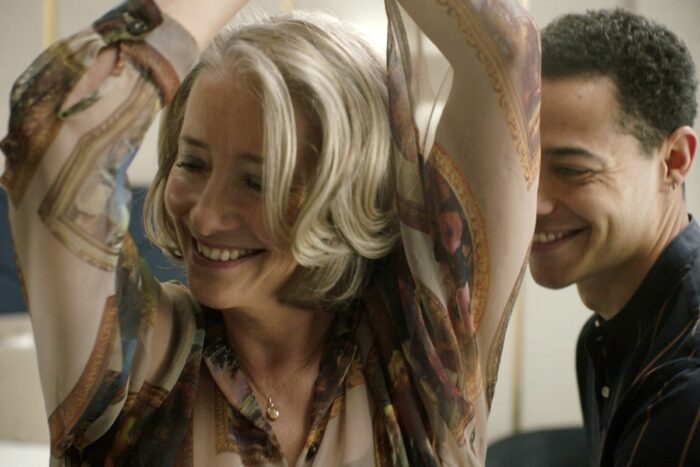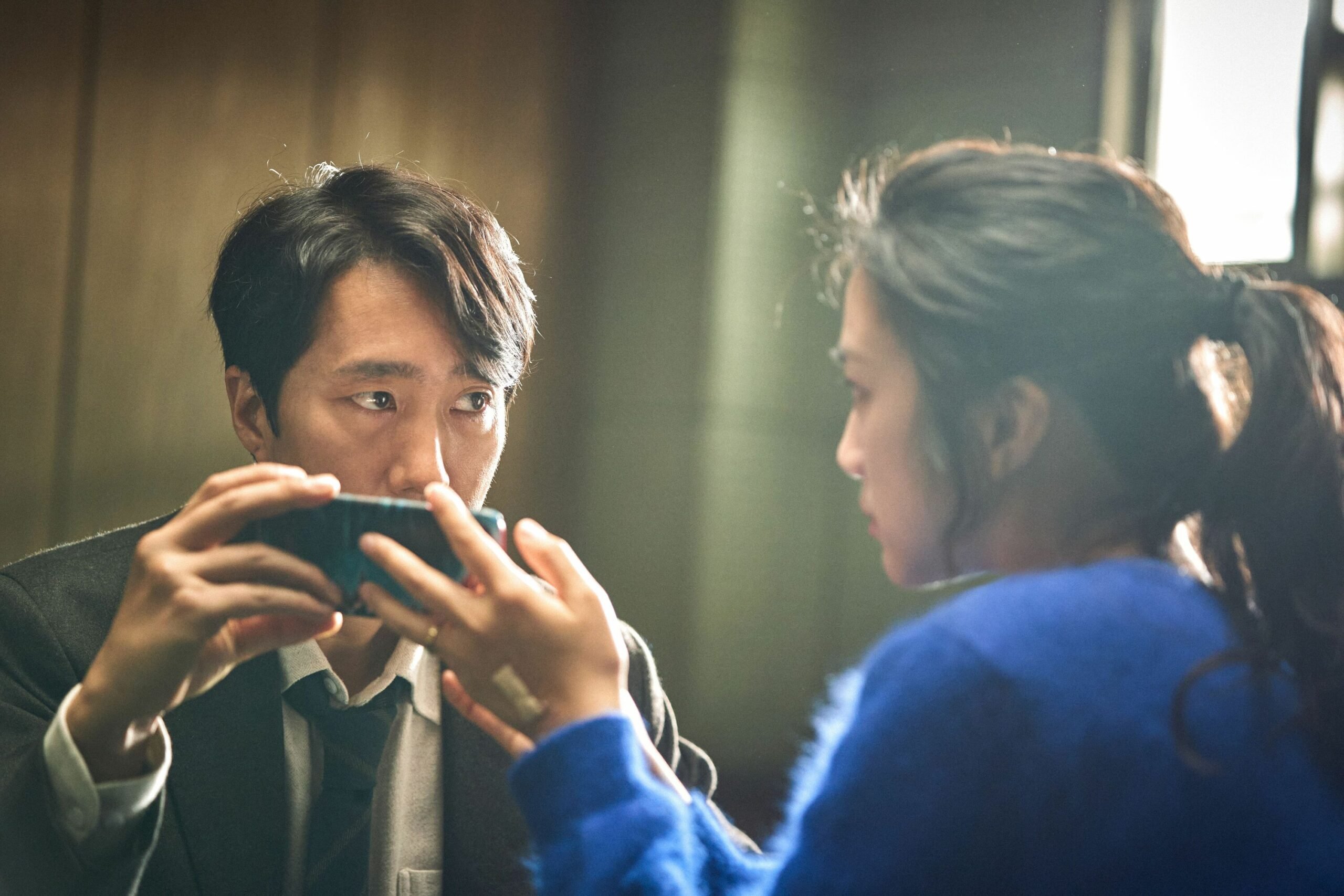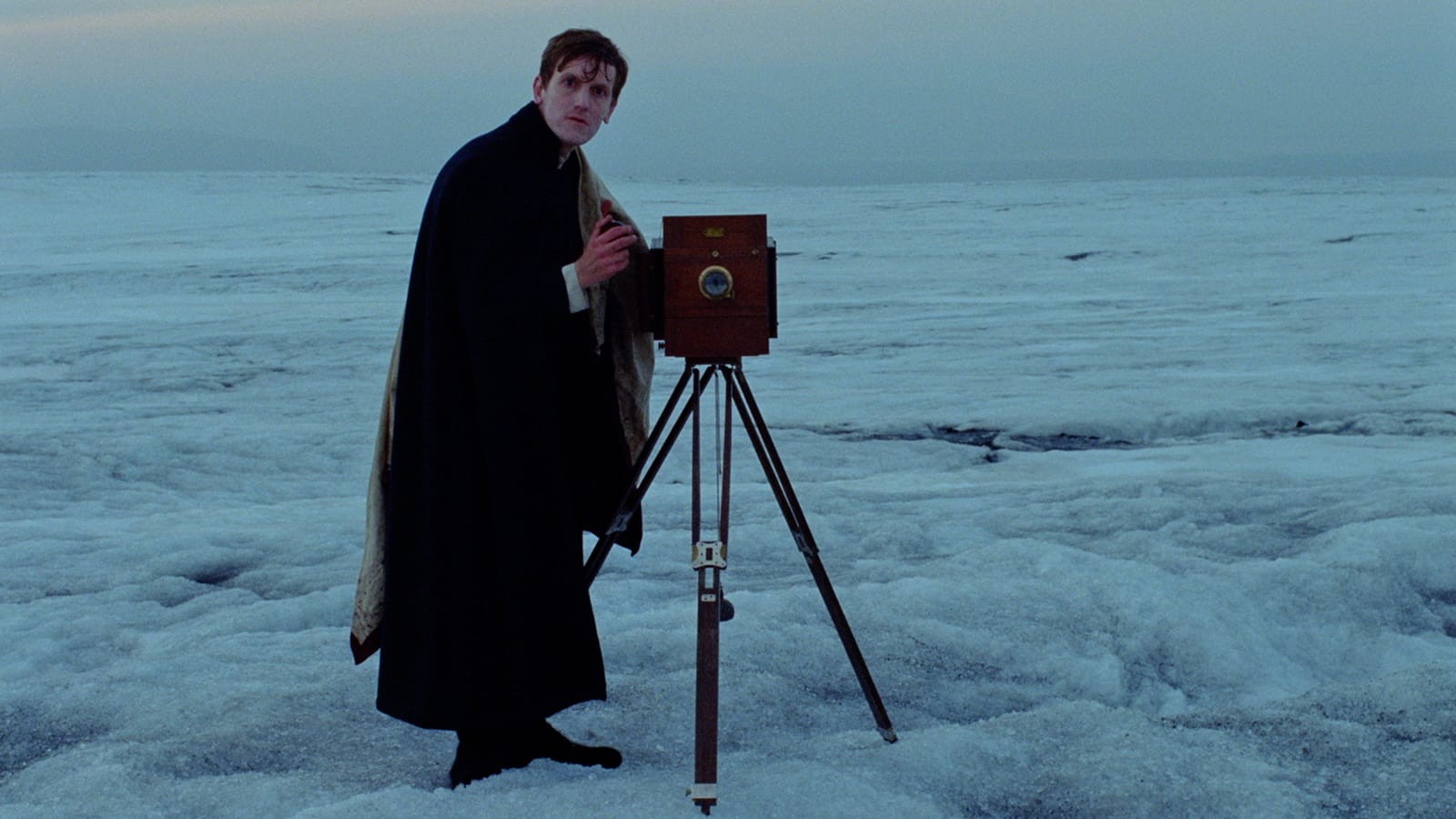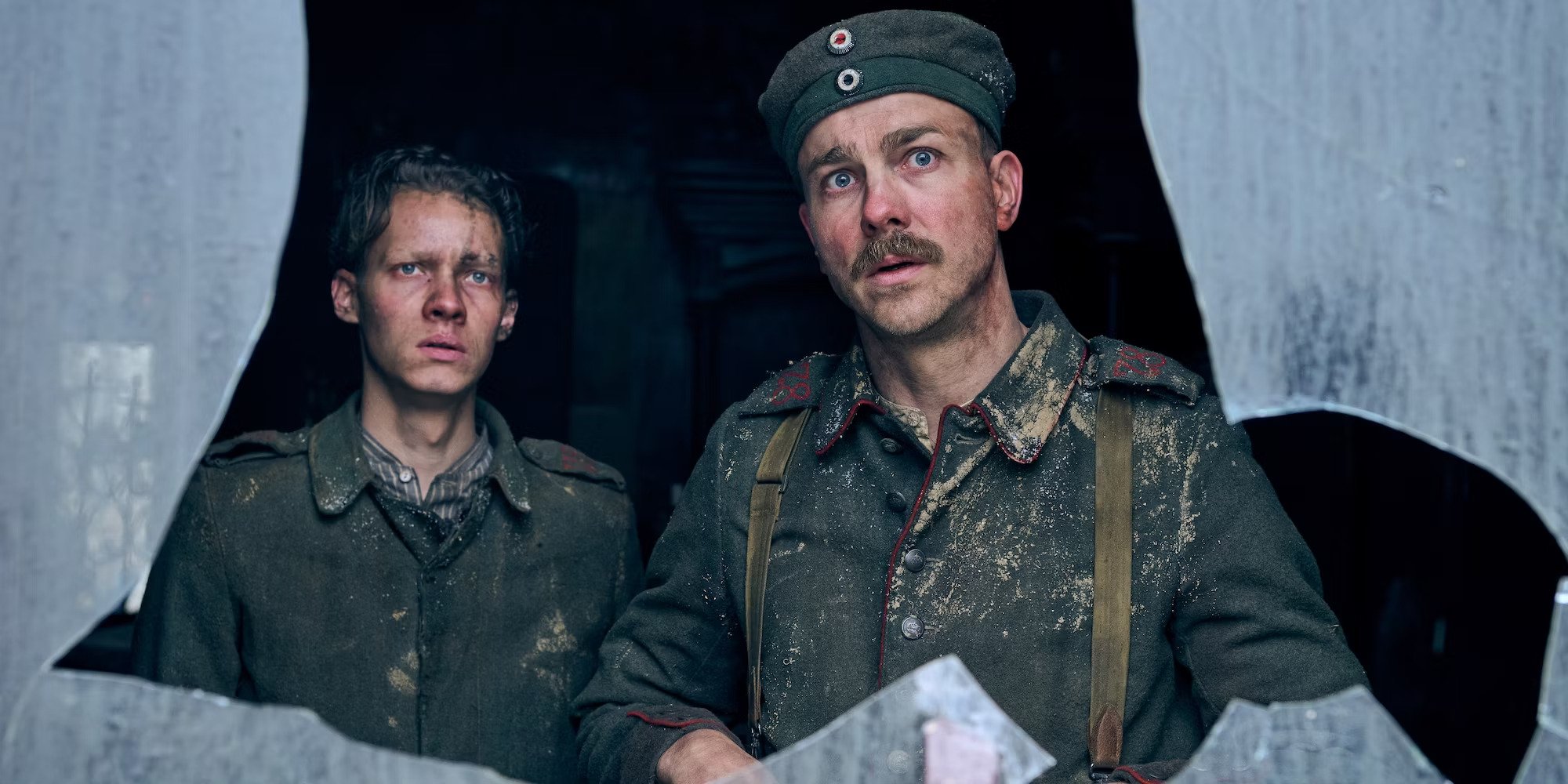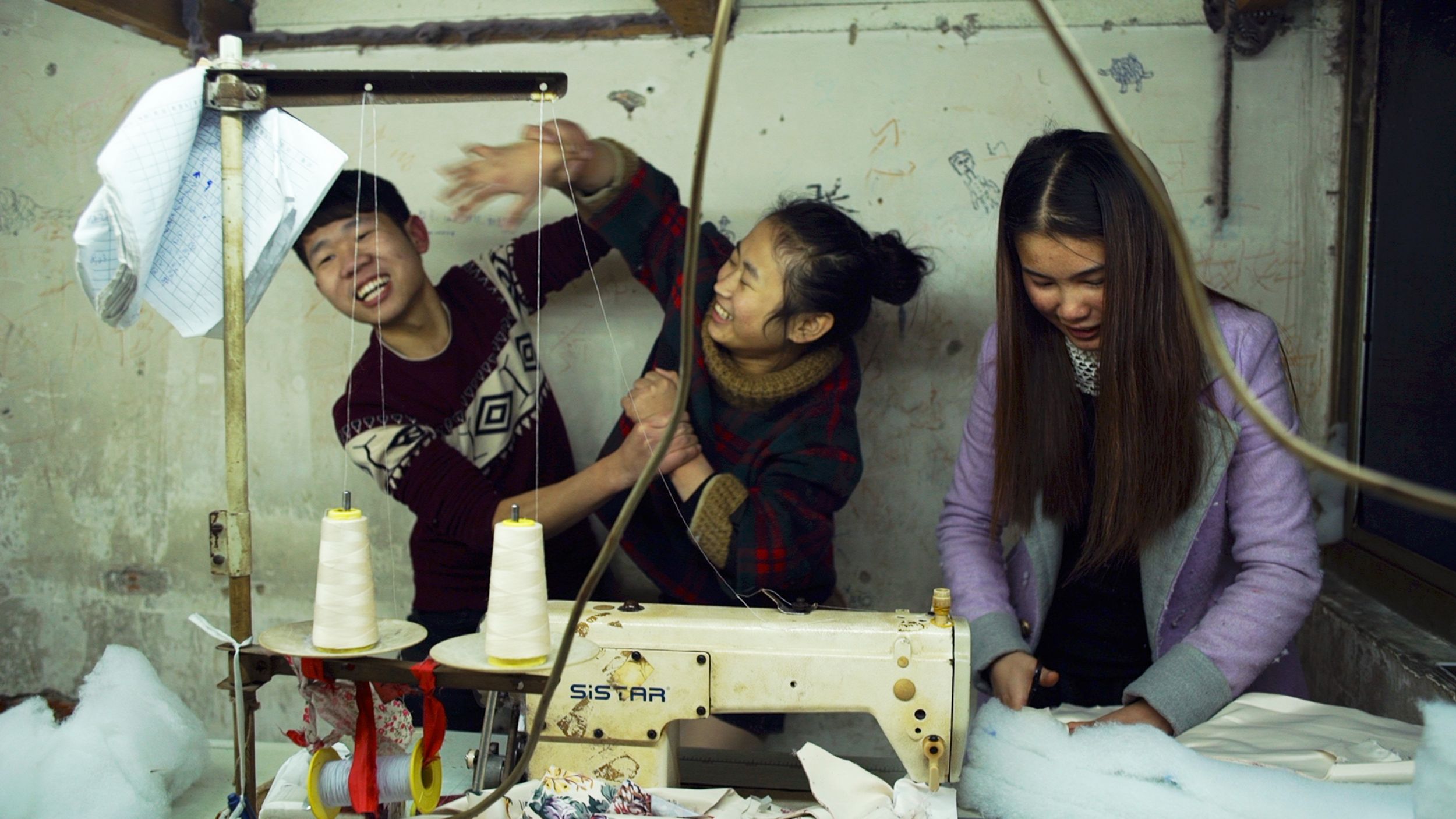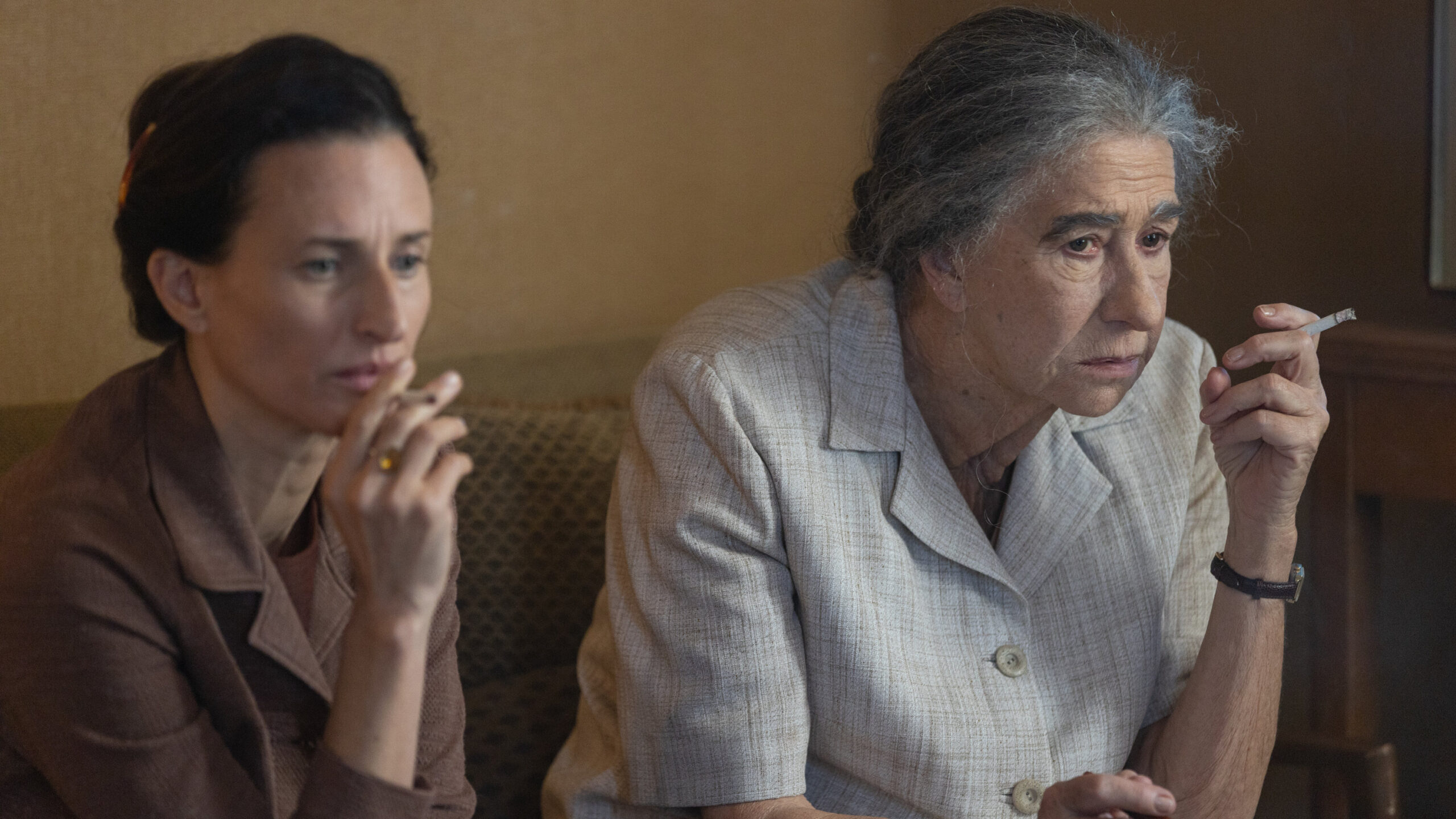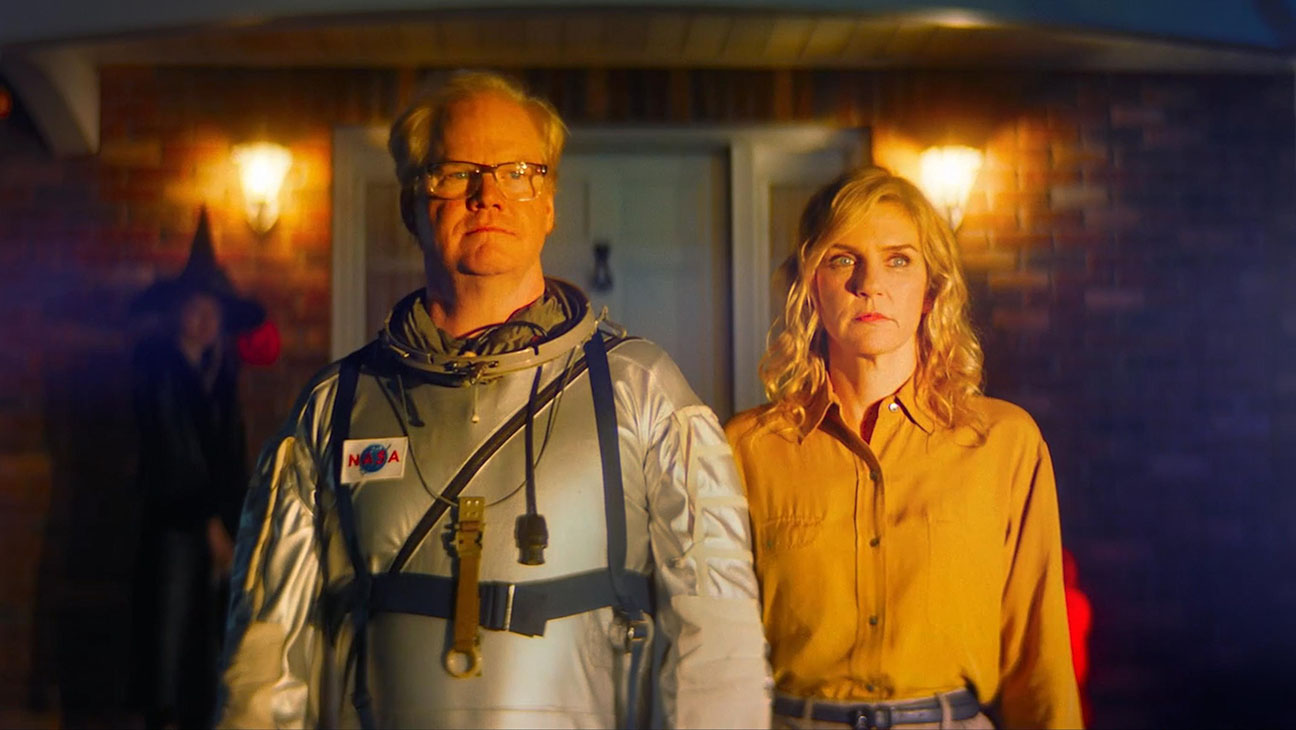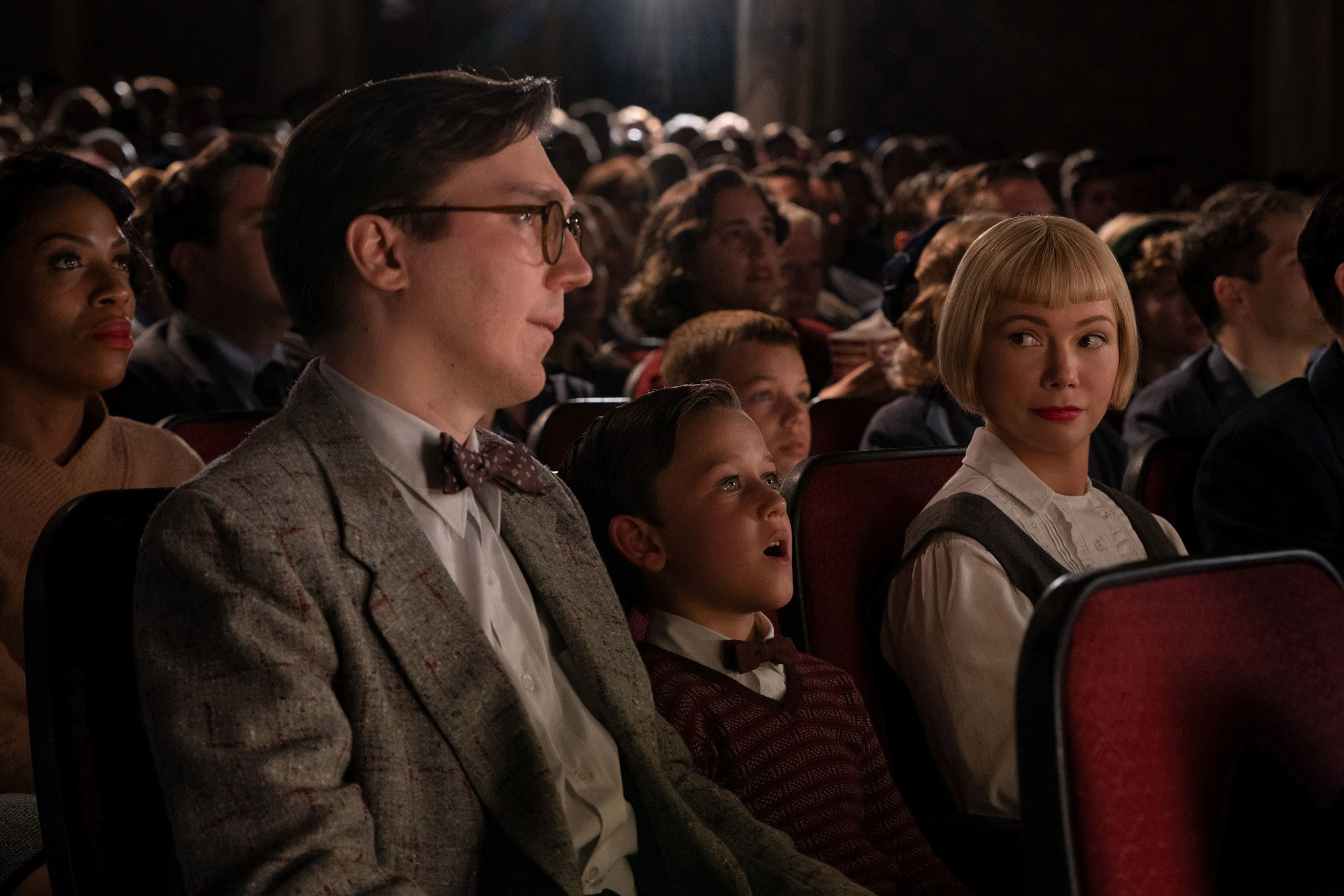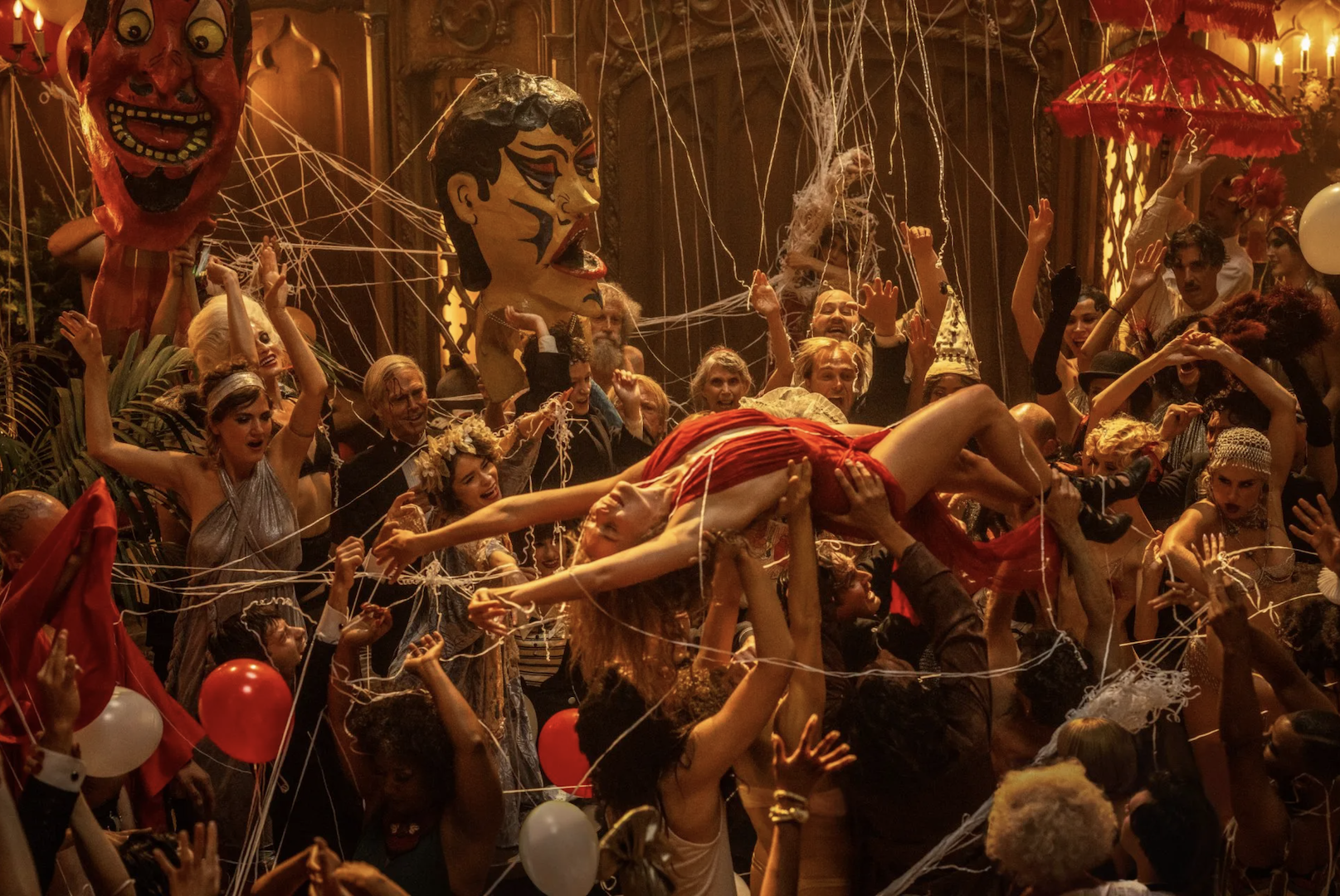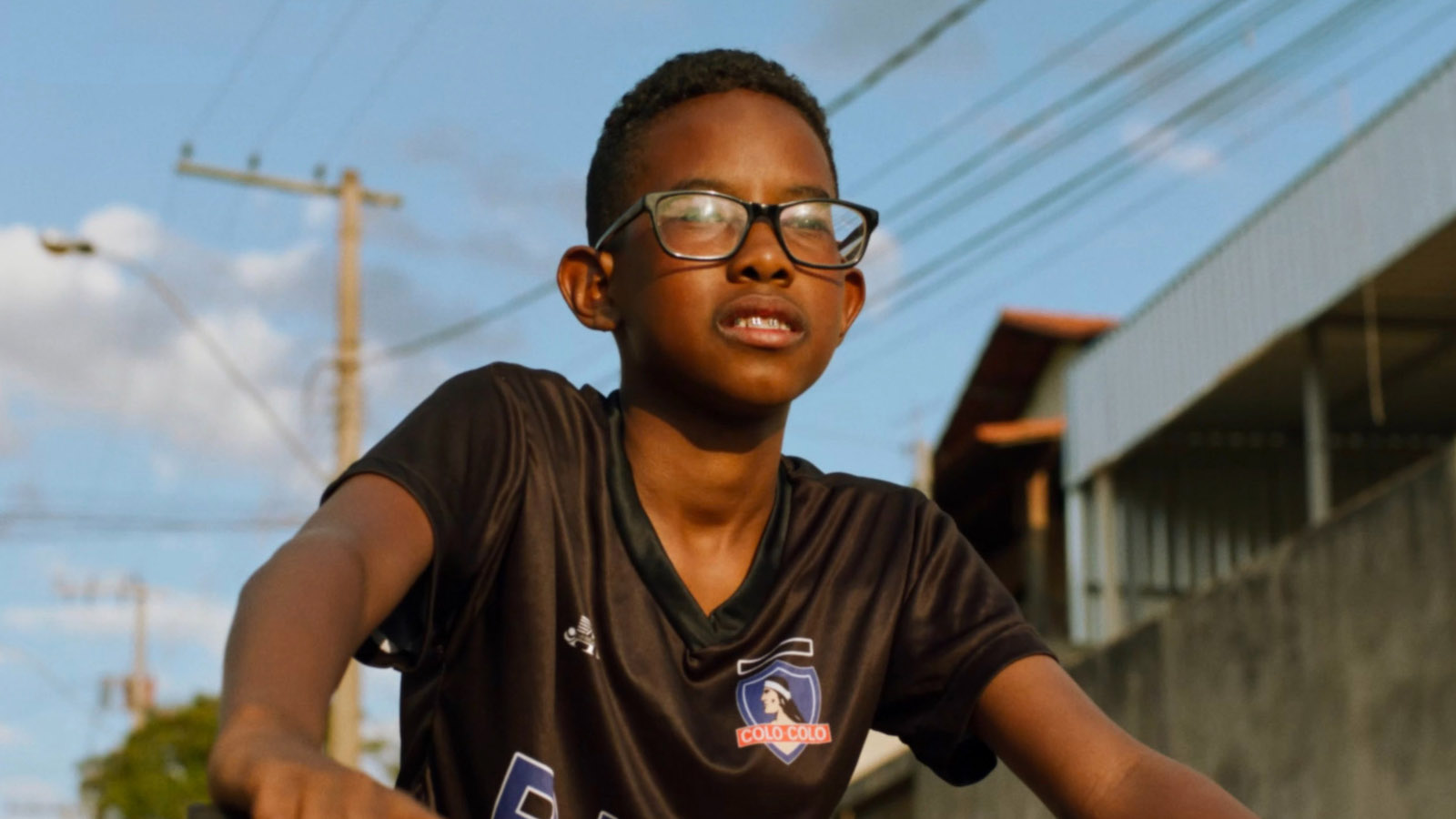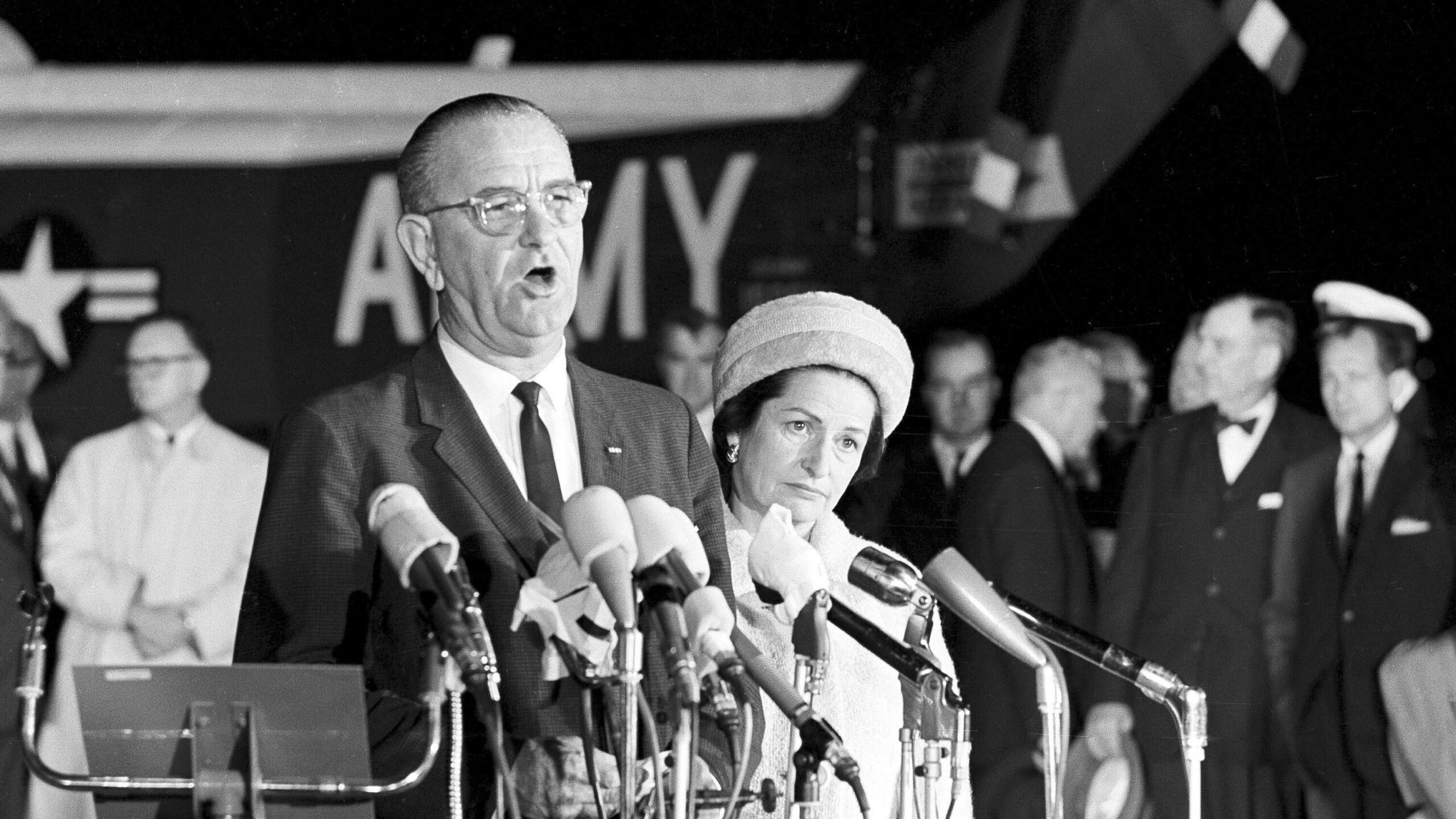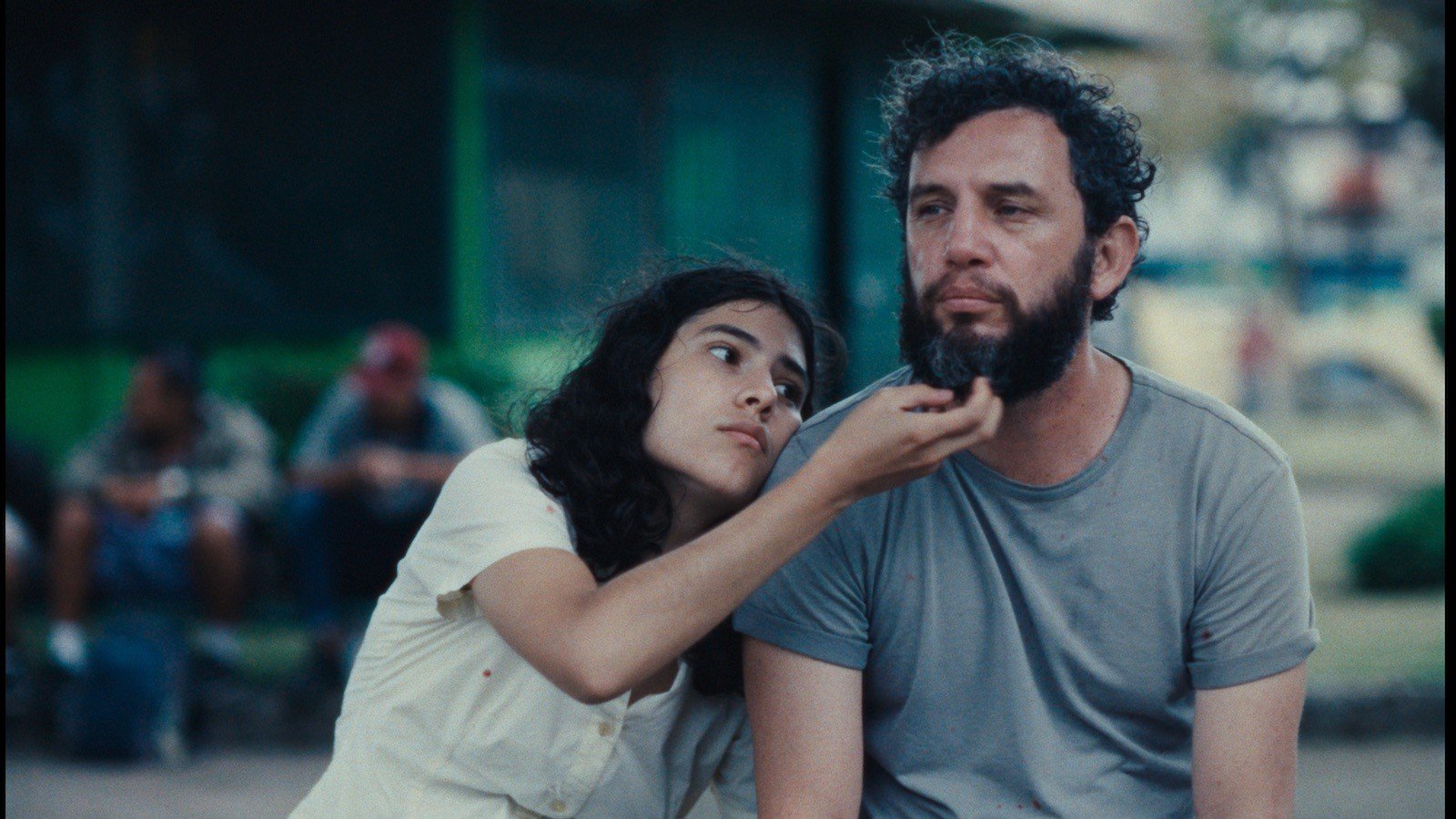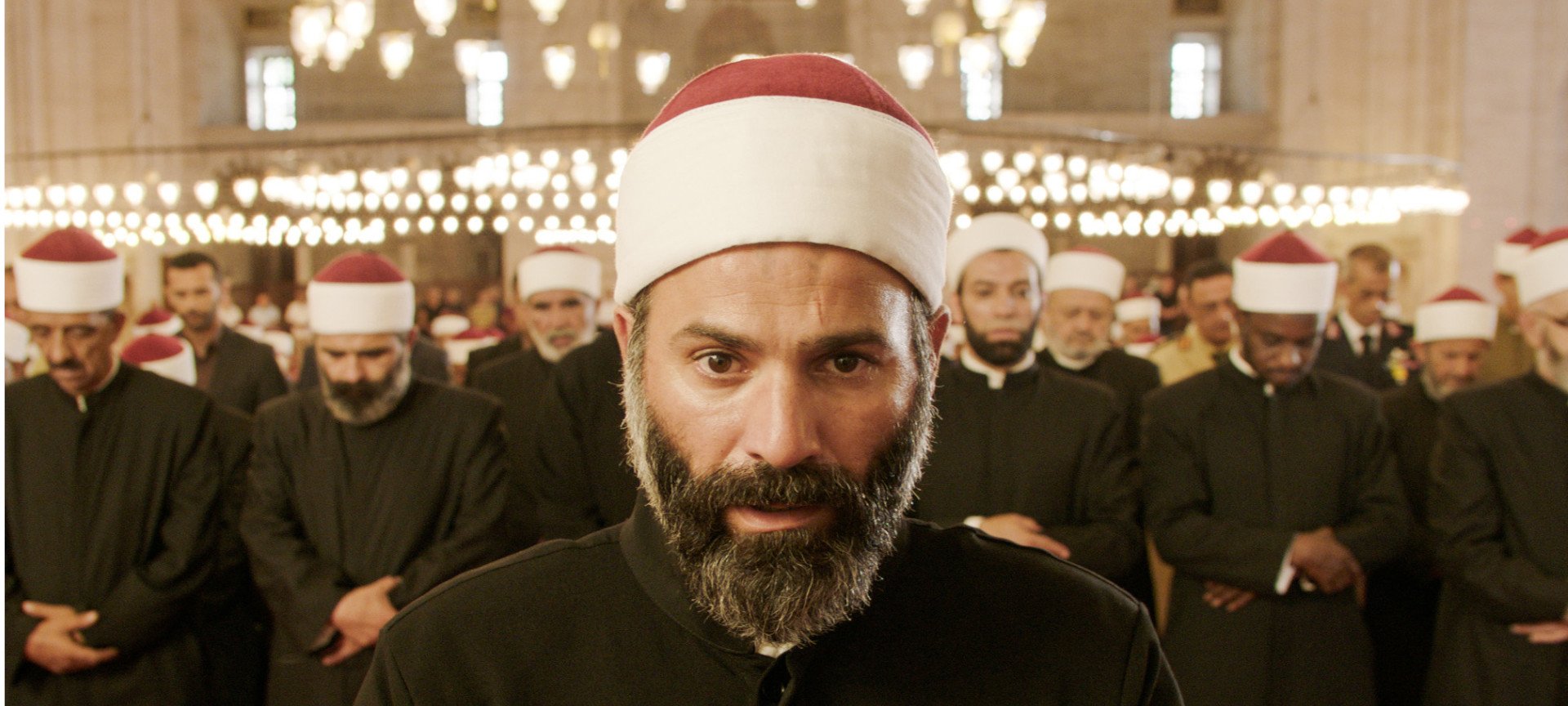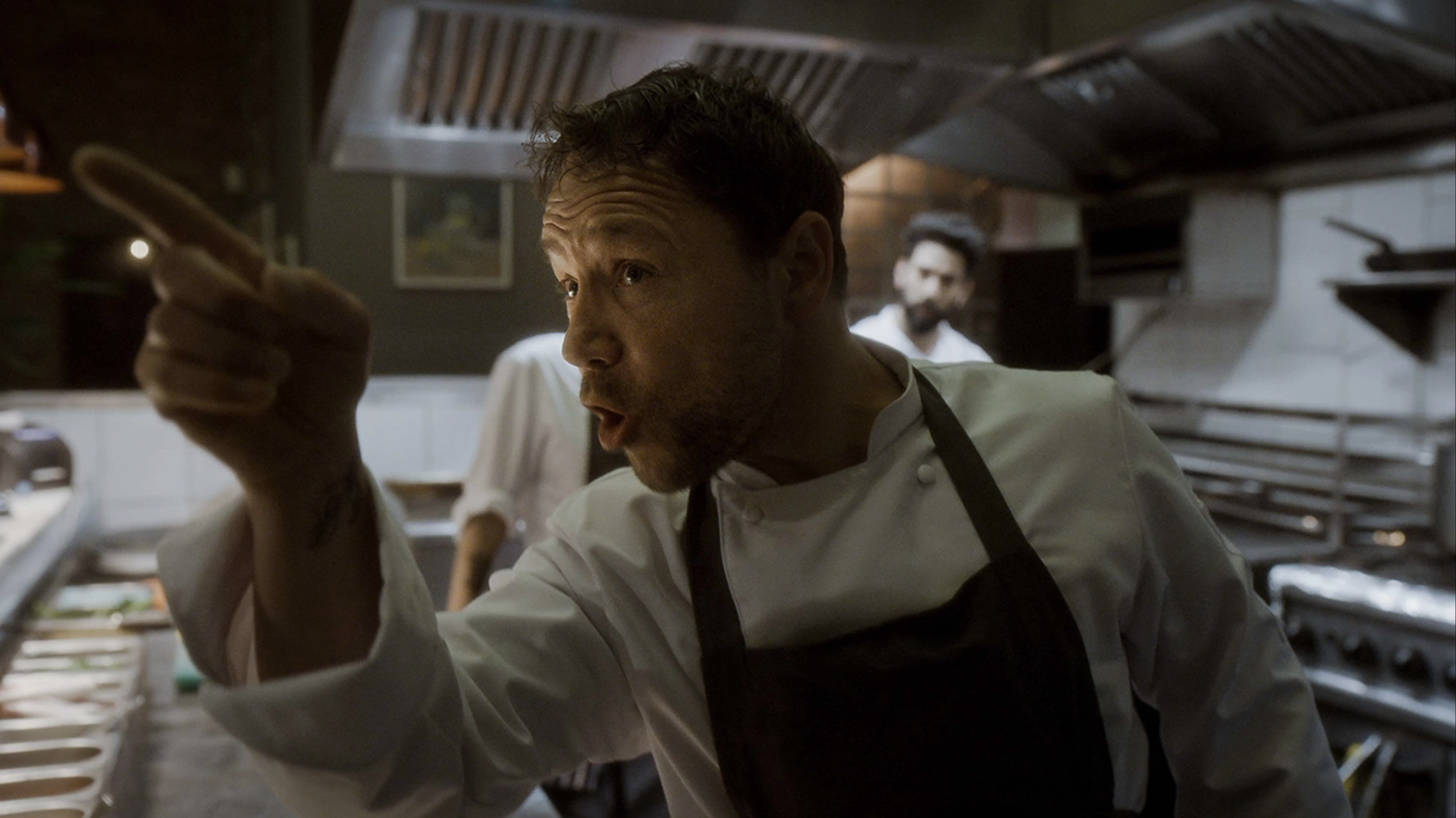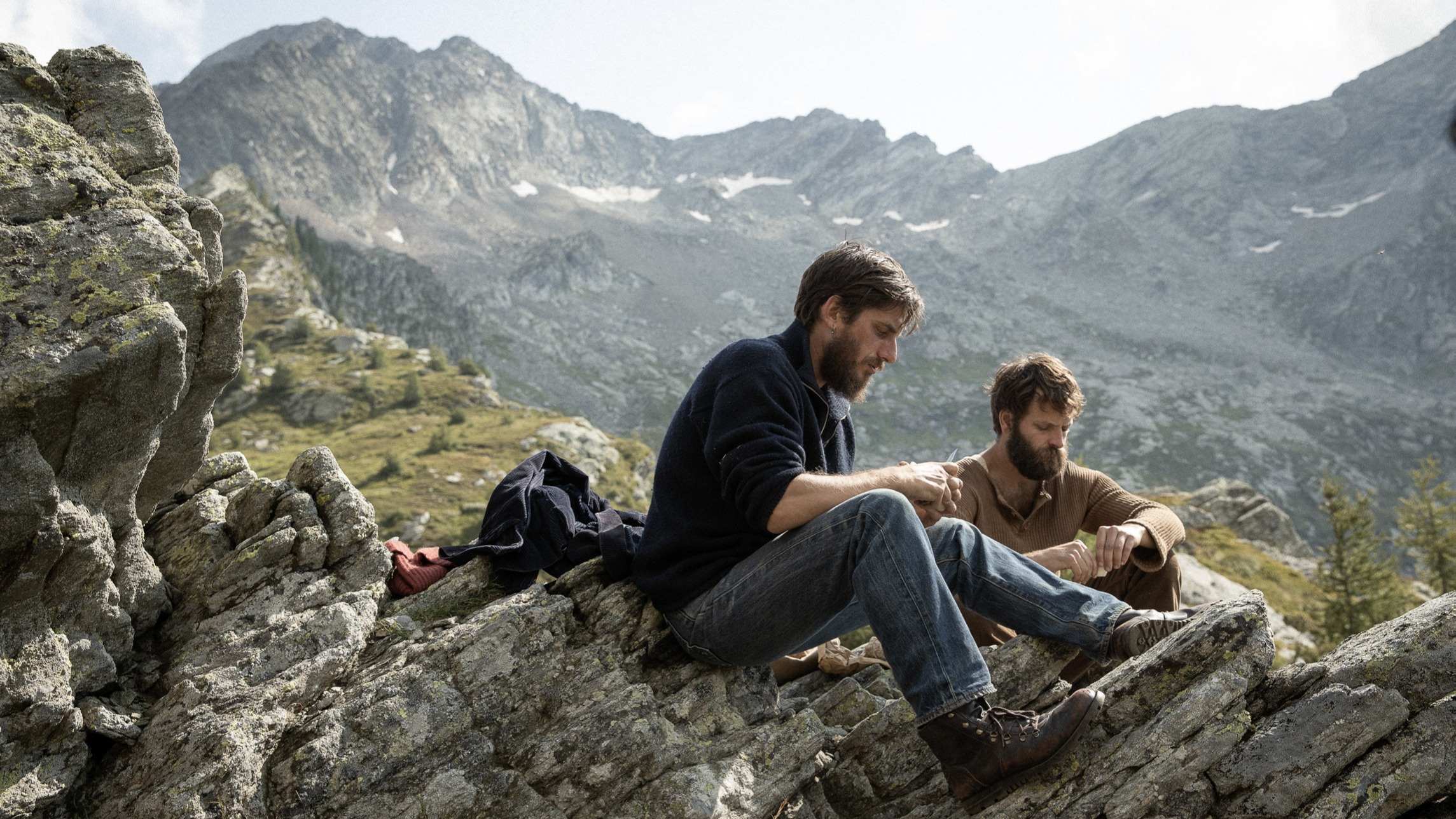Movies Like The Banshees of Inisherin (2022)
In Aftersun, Sophie recalls a holiday she took as an eleven-year-old in the ‘90s with her father. Video recordings help jog her memory, but she’s looking for more than just a blast from the past. Rather, she seems to be seeking answers to fill in the gaps between who she knew as her father and […]
Fire of Love is a documentary that follows Maurice and Katia Krafft, a scientist couple who’ve dedicated their entire professional lives to studying (and marveling at) volcanoes. The two met at university and have been inseparable ever since, chasing explosions around the world until their death at the Mount Unzen eruption in 1991. The fiery […]
In both documentaries and films, adoptees meeting their biological parents for the first time is an event often painted in a sweet light. Never mind the child’s mixed feelings about it or the tragic reality that caused the split in the first place—it’s a reunion between family members, so it must be unequivocally special. In […]
On Jeju Island, there lives a fierce group of elderly women who free-dive and catch sea creatures for a living. They’re called Haenyo, considered indigenous because of the ingenious ways they’ve kept the South Korean tradition alive for decades. In this beautiful documentary, Director Sue Kim follows them under the sea and beyond as they […]
Not much happens in Women Talking, but what it lacks in action it more than makes up for in message. As the wronged women of an insular Christian colony decide whether they should leave or stay in their community, valuable points on each side are raised and debated fiercely. Are the men at fault or […]
Understandably, Mimmi, Rönkkö, and Emma, the teenage girls who lead this Finnish coming-of-age drama, are bursting with emotional urgency. On the cusp of adulthood, they plunge into house parties and romantic affairs in the hope that exploring love, sex, and adventure leads them closer to being self-aware adults. Of course, that’s a lifelong process, but […]
Joyland is groundbreaking on nearly all accounts. It’s the first Pakistani film to premiere at the Cannes Film Festival and to be shortlisted for an Oscar. Its forthright depiction of trans life and gender identity provoked the ire of local authorities, but it also inspired a nationwide movement (#ReleaseJoyland) that fought against censorship. It’s understandable, […]
With Netflix producing countless true crime documentaries, you’d be forgiven for dismissing How to Rob a Bank as usual, forgettable fare. But the documentary ever so slightly curbs cliches by focusing on a theme—in this case Hollywood, in honor of Scurlock’s pseudonym and love of movies—without losing sight of the bigger picture. Which is to […]
Riceboy Sleeps looks like a fairy tale. Taken in 16mm and colored to pastel-grain perfection, it’s a captivating picture that moves like a happy memory. And occasionally, the action matches the air. Mother So-young (Choi Seung-yoon) and son Dong-hyun (Ethan Hwang) share a fierce, us-against-the-world bond as they strive to make it in a Canadian […]
Silver Dollar Road isn’t a new story– it’s one of many that comes as a consequence of systematic Black land loss that continues to happen to this day. Director Raoul Peck tells it in a new way, completely focusing on the Reels family and hearing their story entirely, from the initial confusion to two of […]
Bank of Dave is a simple but well-told film that feels utterly satisfying from start to end. Dave is the little guy who only wants to give back to his community, but stopping him from achieving his noble goals are the big guys in suits with vested interests and too narrow a focus to appreciate […]
As a crime thriller, Holy Spider is taut and terrifying, a modern noir that manages to unnerve despite the familiar moves it employs. The cat and mouse chase between serial killer and investigative reporter, for instance, is a classic tale, but that doesn’t make Holy Spider any less gripping. The film benefits from artful camerawork, […]
The Swimmers tells the true story of sisters Yusra and Sara Mardini (played by fellow sisters Nathalie and Manal Issa), Syrian swimmers trained to compete at the Olympics. When their athletic goals and overall safety are threatened by the increasing presence of war, the girls decide to take a chance and migrate to Europe, where […]
War makes animals of men, and Filip is no exception. The film portrays a lone Jewish survivor who walks the streets of Frankfurt as if he doesn’t have anything to lose. He’s able to get away with it, with his work at a luxury hotel, but he’s unable to escape his trauma. He relieves this […]
French director Mia Hansen-Løve is a master at gently capturing the full bittersweetness of life, and that’s no more evident than in One Fine Morning. Léa Seydoux gives a quietly powerful performance as Sandra, a mother-of-one who is grappling with the slow, devastating decline of her philosophy professor father at the hands of a neurodegenerative […]
Argentina, 1985 is a legal drama about how a prosecutor and his young team were able to mount evidence—despite all threats and odds—against the officials behind a brutal military dictatorship. The public trial is supposedly the first of its kind in Latin America, a marker of true democracy that made a hero out of Julio […]
Forget everything you know about the music biopic. One-on-one interviews, chronological storytelling, silent moments with the subjects—Moonage Daydream isn’t that kind of movie. Just as David Bowie isn’t your typical pop star, this documentary about him, directed by Brett Morgen, forgoes the usual beats for something extraordinary and fun. Moonage Daydream is a concert, a […]
Adapted from the Japanese film Ikiru, which in turn was adapted from the Russian story The Death of Ivan Ilyich, Living is a parable about, well, living. Specifically, it’s about the importance of wonder and the magic of the mundane. It’s also about legacy and the stories we leave in our wake, which live on […]
There are only two main characters in Good Luck to You, Leo Grande: Nancy, a retired teacher who was recently widowed, and Leo, an adept sex worker with a mysterious past. They’re almost always in one place and work on a single goal: pleasure. But despite the seeming monotony, the movie is crackling with wit […]
A twitchy, uncomfortable noir film for the digital age, Decision to Leave blends the trappings of a restless police procedural with an obsessive forbidden romance. Here, director Park Chan-wook flips every interrogation and piece of evidence on its head, pulling us away from the whodunit and towards the inherently invasive nature of a criminal investigation. […]
On the one hand, Godland is a film about nature’s unforgiving beauty. Like the photographs the priest Lucas (Elliott Crosset Hove) takes, these quietly superb scenes speak for themselves. The Earth moves in mysterious and harsh ways, and we are but mere specks, organic matter to be folded in and absorbed, in the grand scheme […]
All Quiet on the Western Front is a period epic that unflinchingly shows us the savagery and senselessness of war. Set at the tail end of World War I, it follows two main stories: that of German soldier Paul Bäumer (Felix Kammerer), whose boyish eagerness for warfare is diminished with each bloody step he takes […]
Teenagers forced to grow up quickly and spend their prime years wiling away at garment factories sounds like a grim reality, and it is, but in Youth (Spring), Chinese documentarist Wang Bing captures more than just the inherent tragedy of young labor. Here, they build friendships, find love, discover an affinity for their craft, stand […]
Golda Meir was Israel’s only female Prime Minister and that’s already reason enough a biopic celebrating her historical importance would be made. Oscar-winning Israeli director Guy Nattiv rose to the task and Meir’s own grandson requested British actress Helen Mirren to play the role of his grandmother (a decision that was not left undisputed). However, […]
Strange things are happening in the sleepy cul-de-sac where Cameron Edwin (comic Jim Gaffigan) lives: cars are falling from the sky, space rockets are crash-landing in his backyard, and his doppelgänger has just moved in next door and stolen his job. Unnerved by all these weird occurrences and feeling like a failure in light of […]
The Fabelmans is often described as director Steven Spielberg’s semi-autobiographical movie about his inauguration into filmmaking, and while it certainly is that, I’d venture to say that it also functions as a universal coming-of-age tale, with protagonist and Spielberg stand-in Sammy Fabelman (Gabriel LaBelle) learning harsh truths about identity, family, and passion for the first […]
When people think of football, they think of teams, and if not teams, they think of individual goalscorers. Higuita: the Way of the Scorpion focuses instead on a single goalkeeper from Latin America. To be fair, this goalkeeper is René Higuita – even just checking his Wikipedia is bound to pull some curiosity. But the […]
Between its maximalist production design and increasingly dark comedic set pieces, the most striking thing about Damien Chazelle’s critically misunderstood industry satire is how it strikes a tone closer to tabloid gossip than anything else. As opposed to the clockwork precision of Chazelle’s Whiplash, or the dreaminess of La La Land, Babylon’s restlessness doesn’t resemble […]
Mars One is a tender, wholesome drama that centers on The Martins, a family of four living on the fringes of a major Brazilian city. Their lower-middle-class status puts them in an odd position—they’re settled enough to have big dreams and occasionally lead lavish lives (the mother and the daughter like to party) but they […]
Partially based on the 860-page memoir, “A White House Diary”, and on the actual audio recordings Claudia Alta Taylor Johnson made during her time as first lady, The Lady Bird Diaries is an intimate reworking of a past we still know very little about. Told from the vantage point of First Lady Johnson candidly and […]
There’s a remarkable harshness to every moment of I Have Electric Dreams, even if it doesn’t seem like much is happening. Beautiful textures in its cinematography and the dreamlike movement of its editing can’t mask the pain that protagonist Eva feels, as she drifts through the ruin of her own family in search of any […]
When he’s accepted into the prestigious Islamic university Al-Azhar, fisherman’s son Adam (Tawfeek Barhom) gets an eye-opening education — but not the kind he expected. A place associated with notions of purity is imagined as a hotbed of hypocrisy and corruption here, as naive young Adam finds himself unwittingly embroiled in a state plot to […]
Among the sea of class satires released in the last year, Triangle of Sadness is one of the better ones. Directed by Ruben Östlund (The Square, Force Majeure), the film follows an ultra-rich group of people who get stranded on an island after their luxury cruise ship sinks. The social pyramid that has long favored […]
One of the most overlooked films in recent years, Boiling Point is an intense British drama about the life of a head chef. We get to view his world for exactly 90 minutes and, yes, it is all shot in one go. No camera tricks or quirks, just pure filmmaking. Many other movies have tried […]
Spanning over decades and continents, The Eight Mountains depicts the kind of childhood friendship that remains central to one’s whole world. While city boy Pietro (Luca Marinelli) treks from the Alps to the Himalayas, the mountain pasture of Grana remains special as his father’s old refuge and as the hometown of childhood best friend Bruno […]
There are a lot of laughs to be had in Prom Dates, most of them coming from the funny and actualized characterization of Hannah, the lead’s queer best friend. But everything else about this coming-of-age film feels too familiar and forced to be memorable. Despite leading the film, Jess feels like a hollow copy-paste version […]
























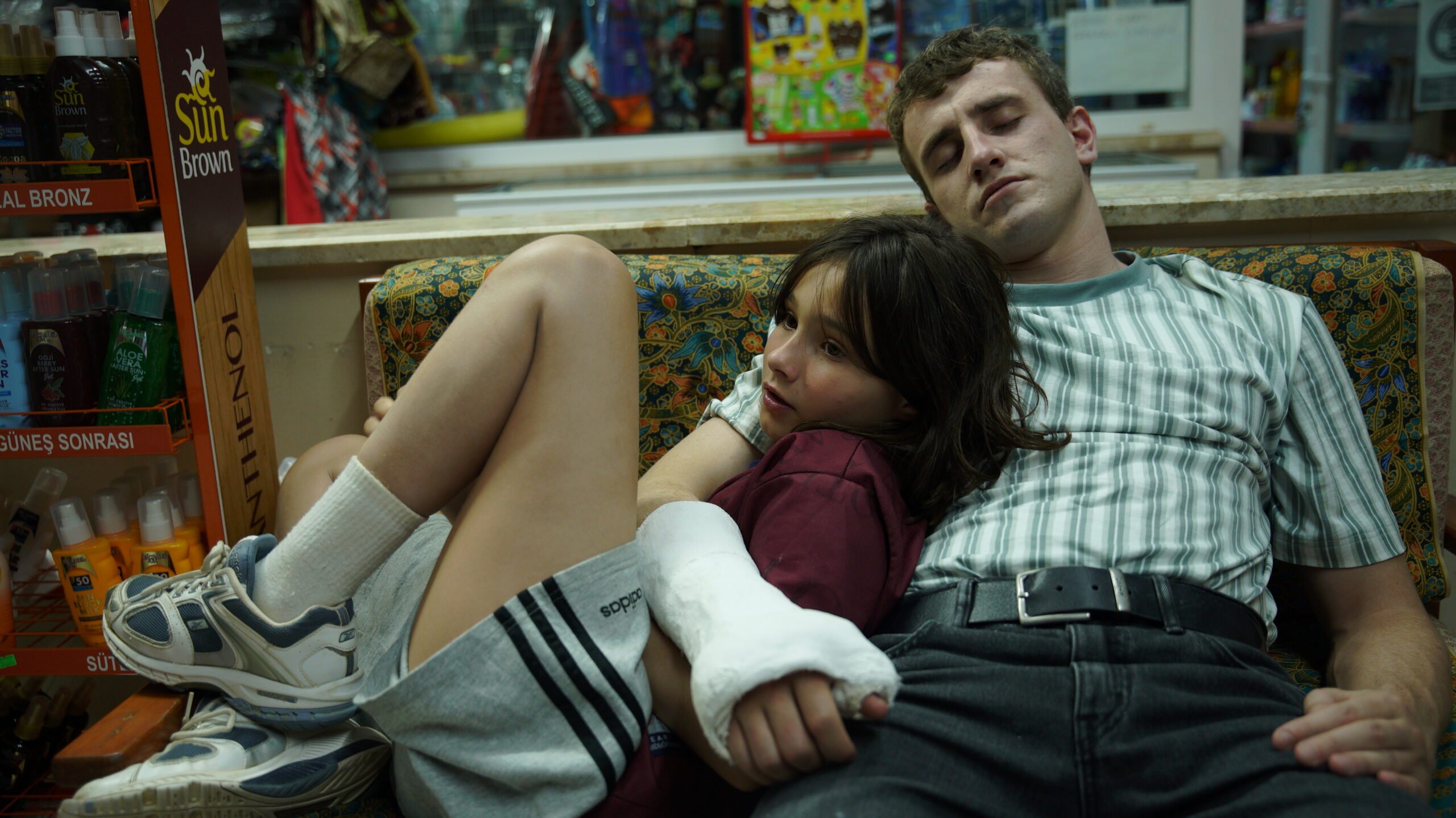

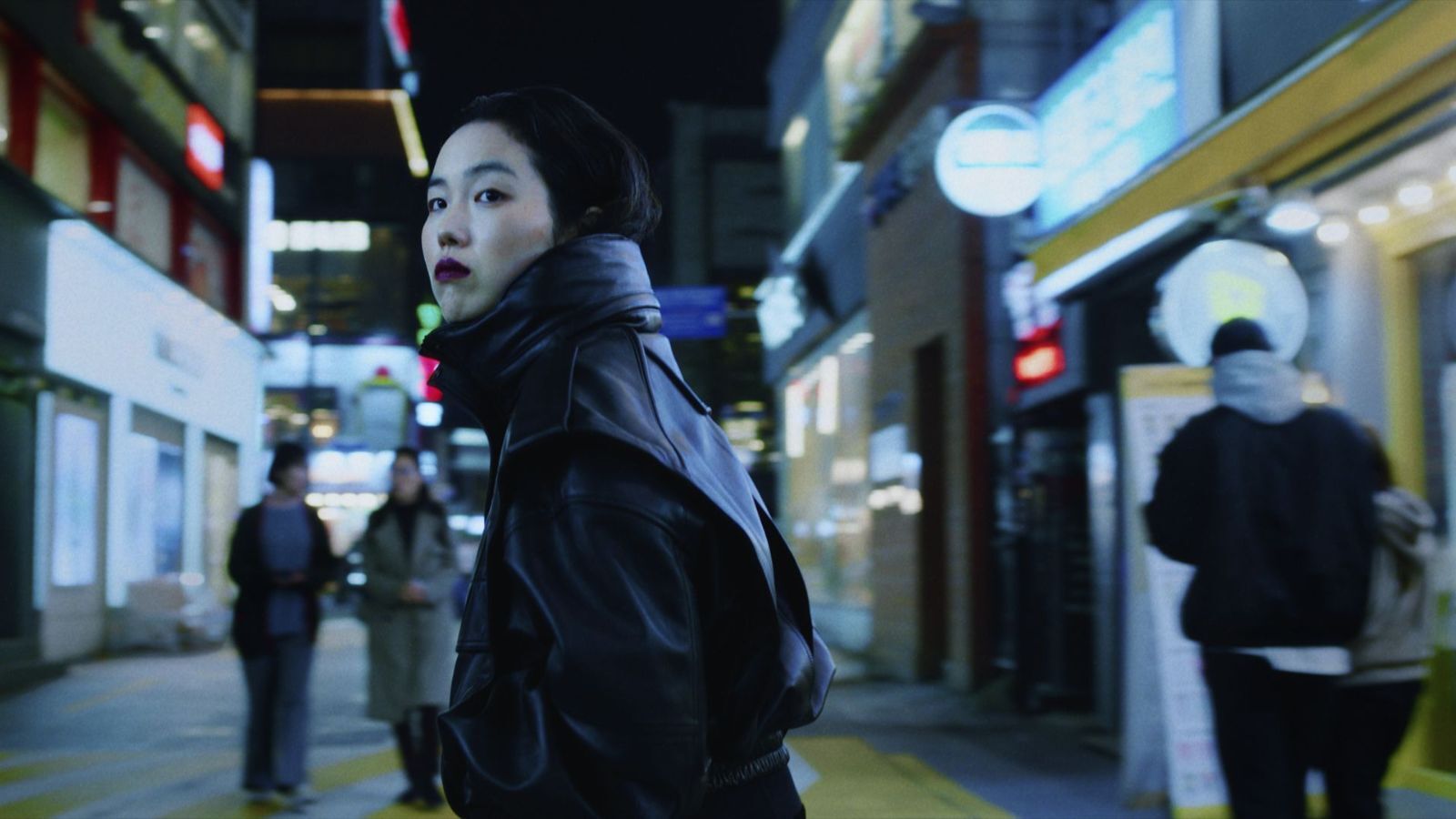
 x3
x3
